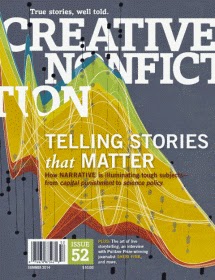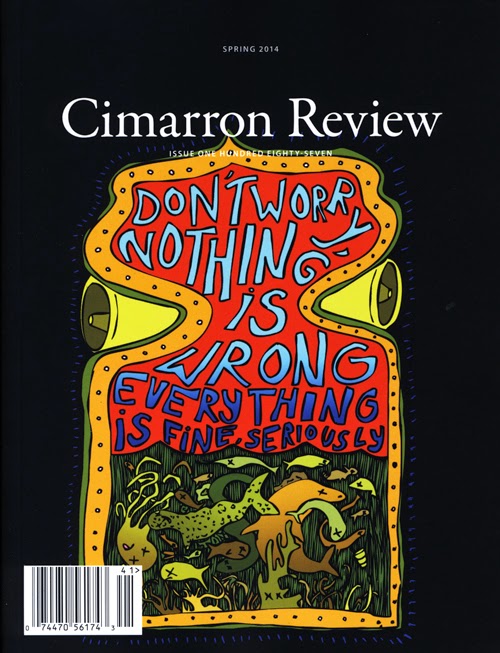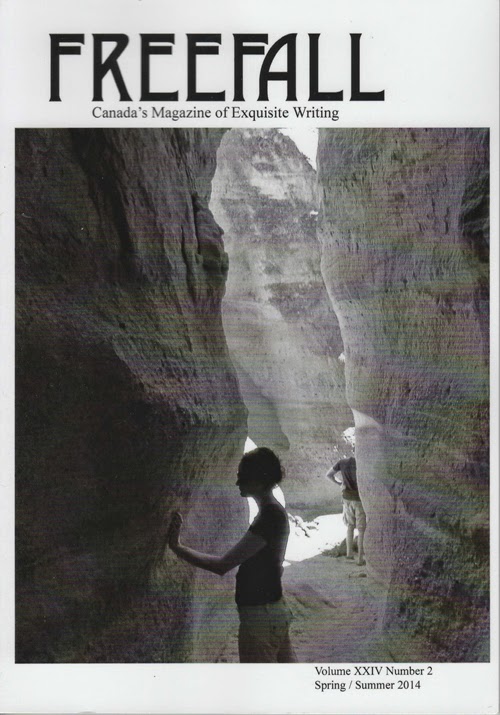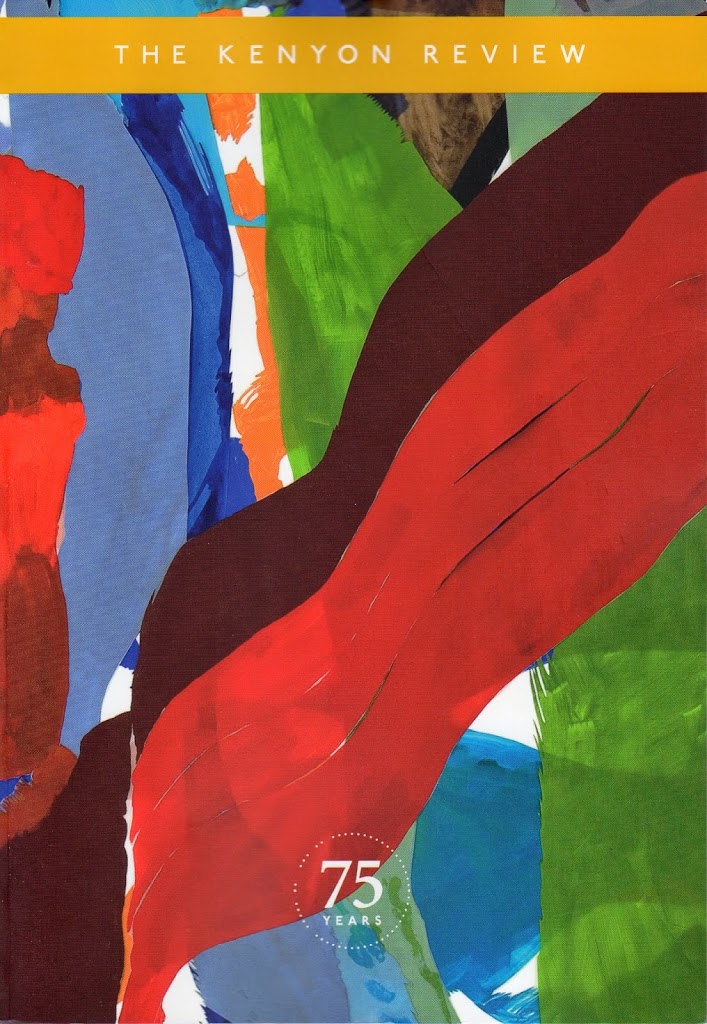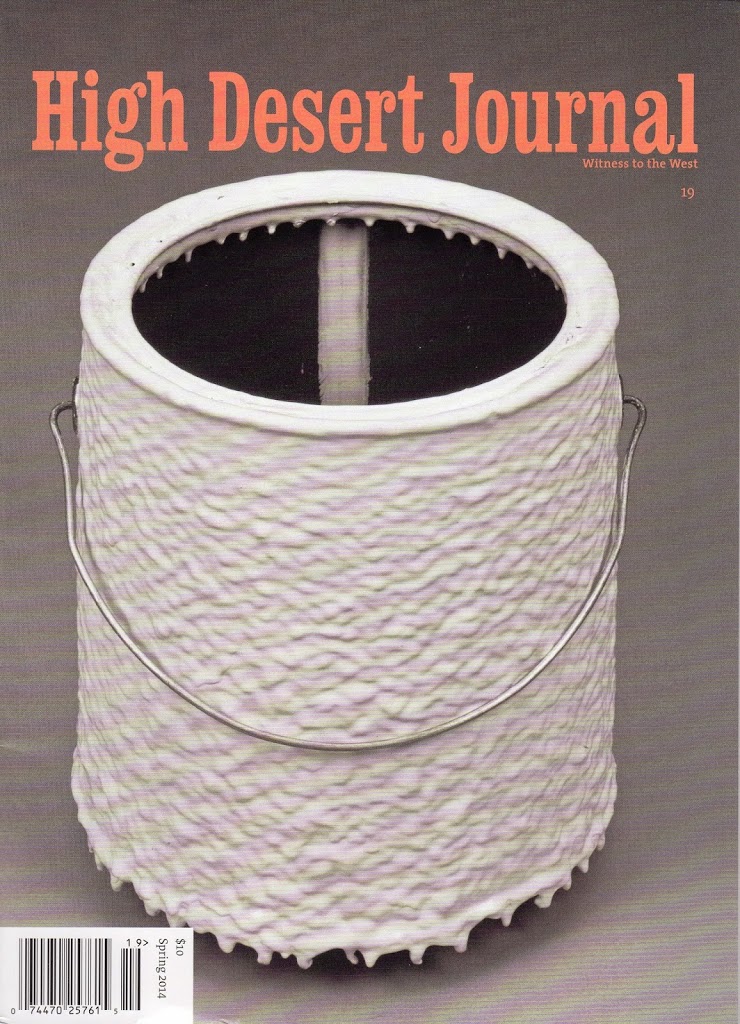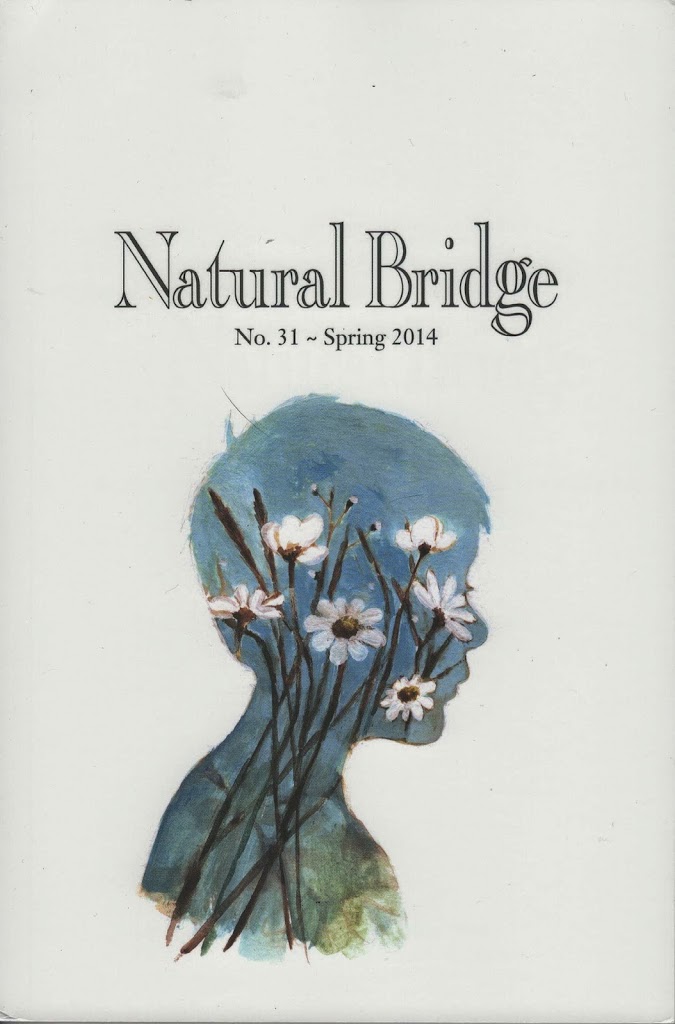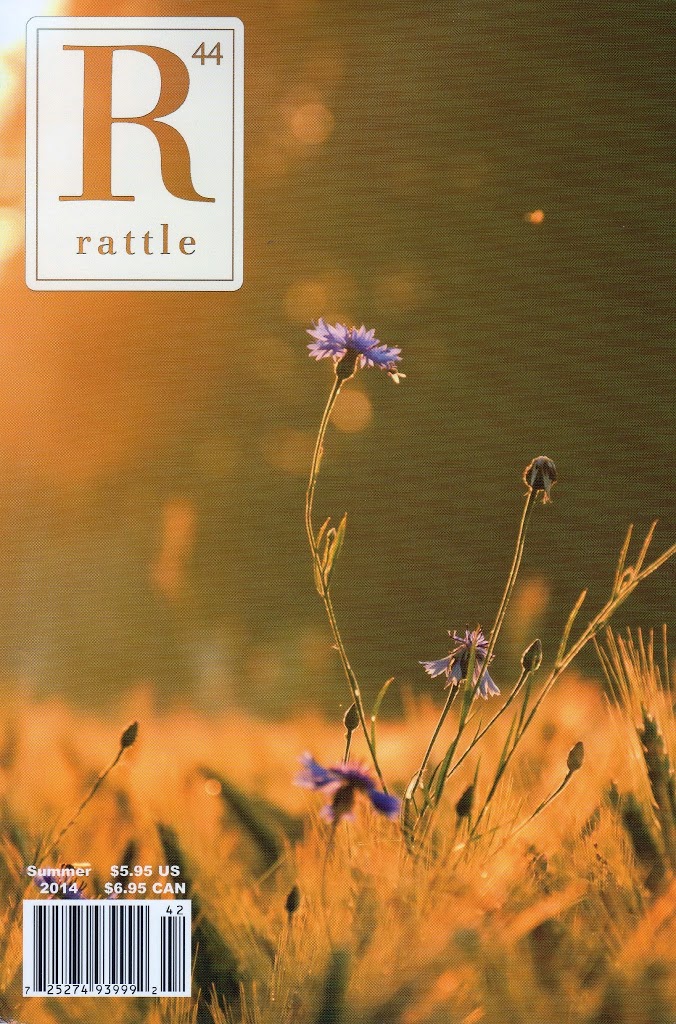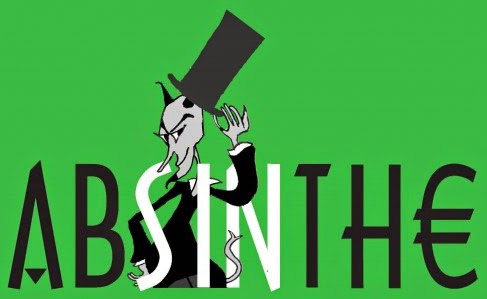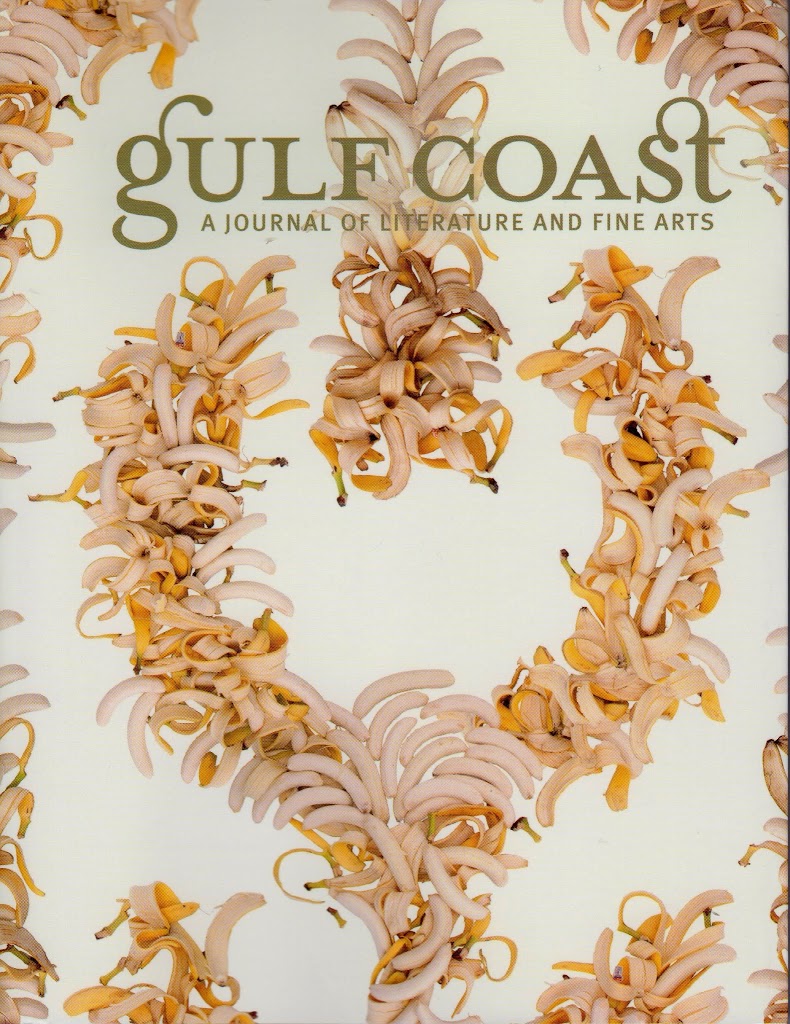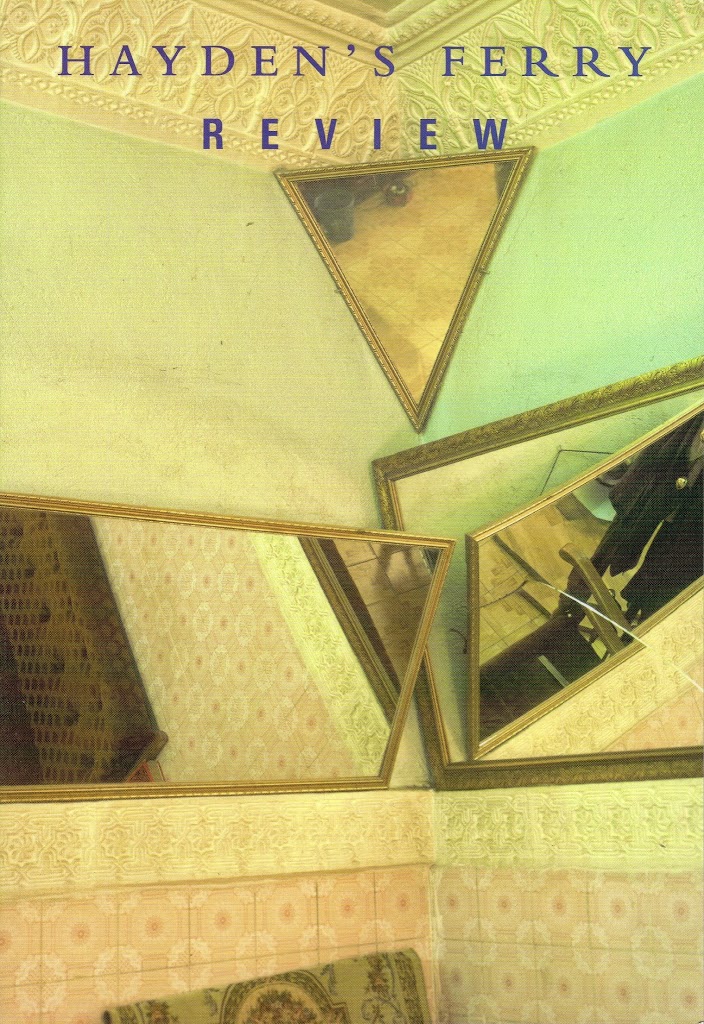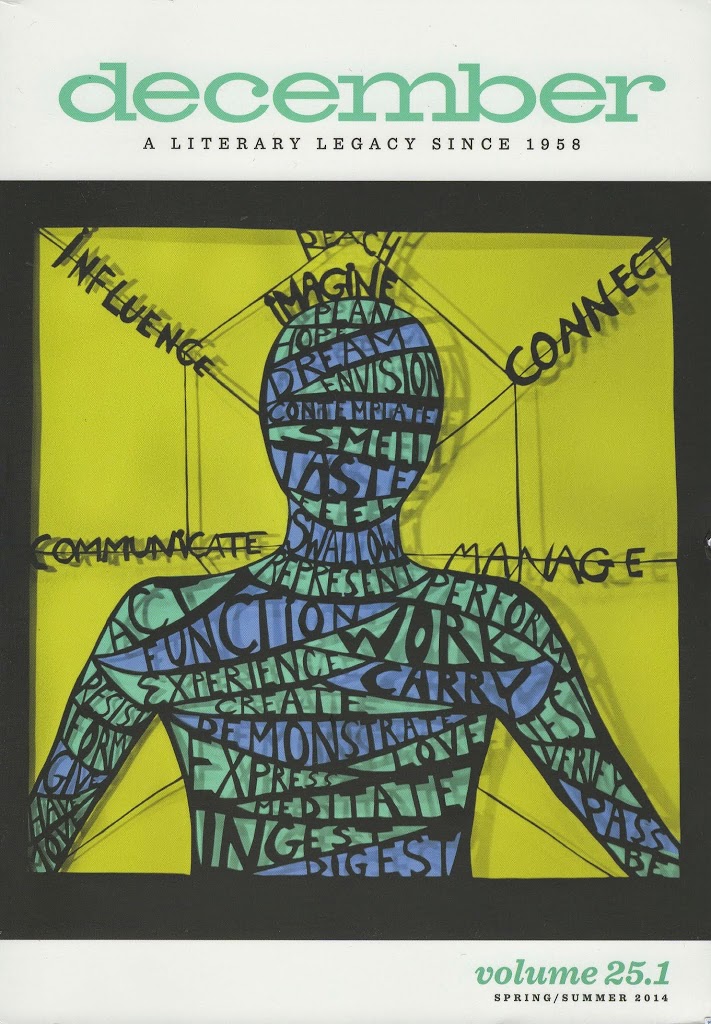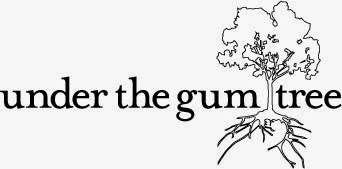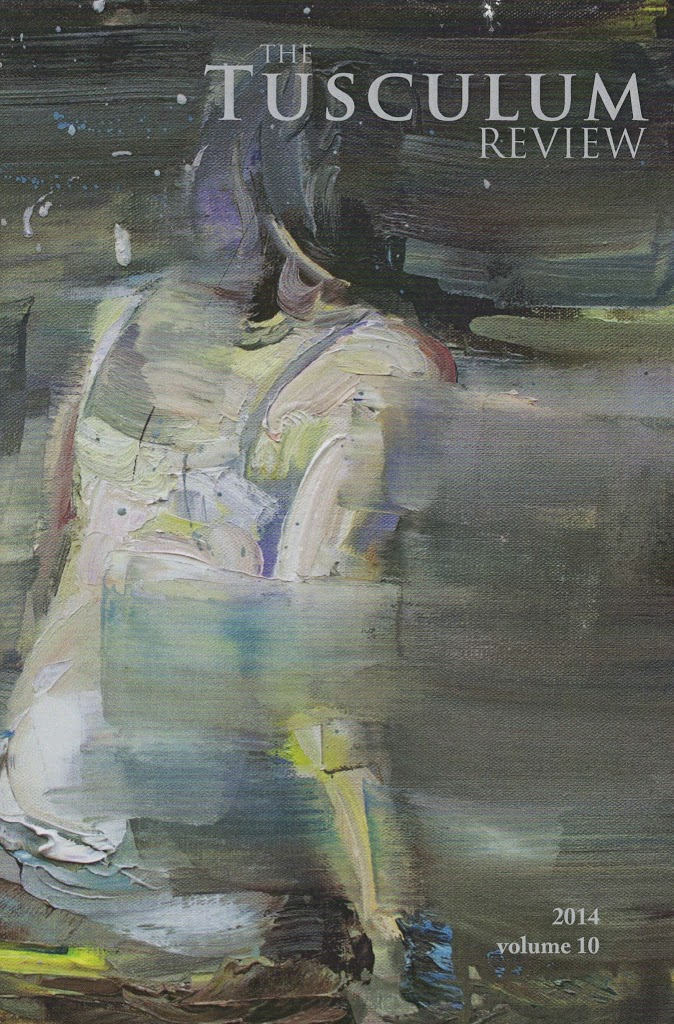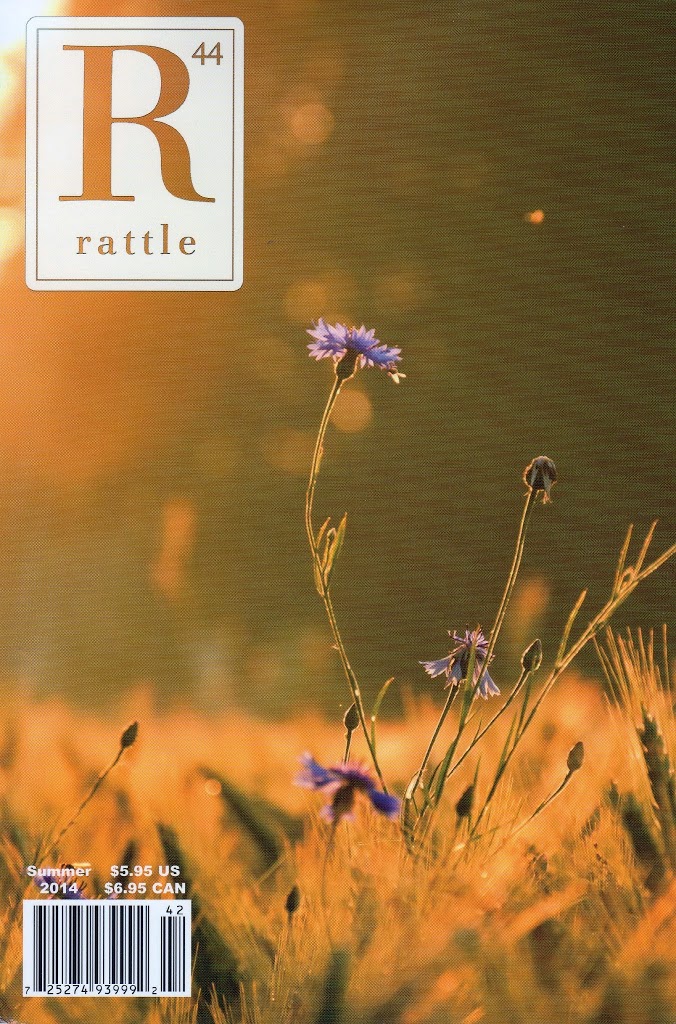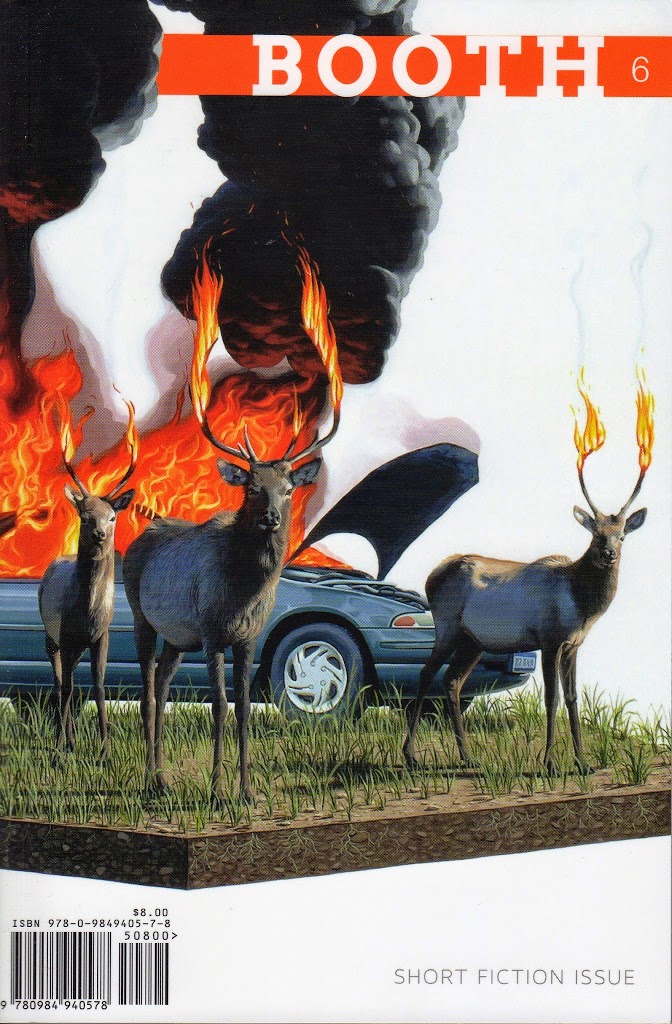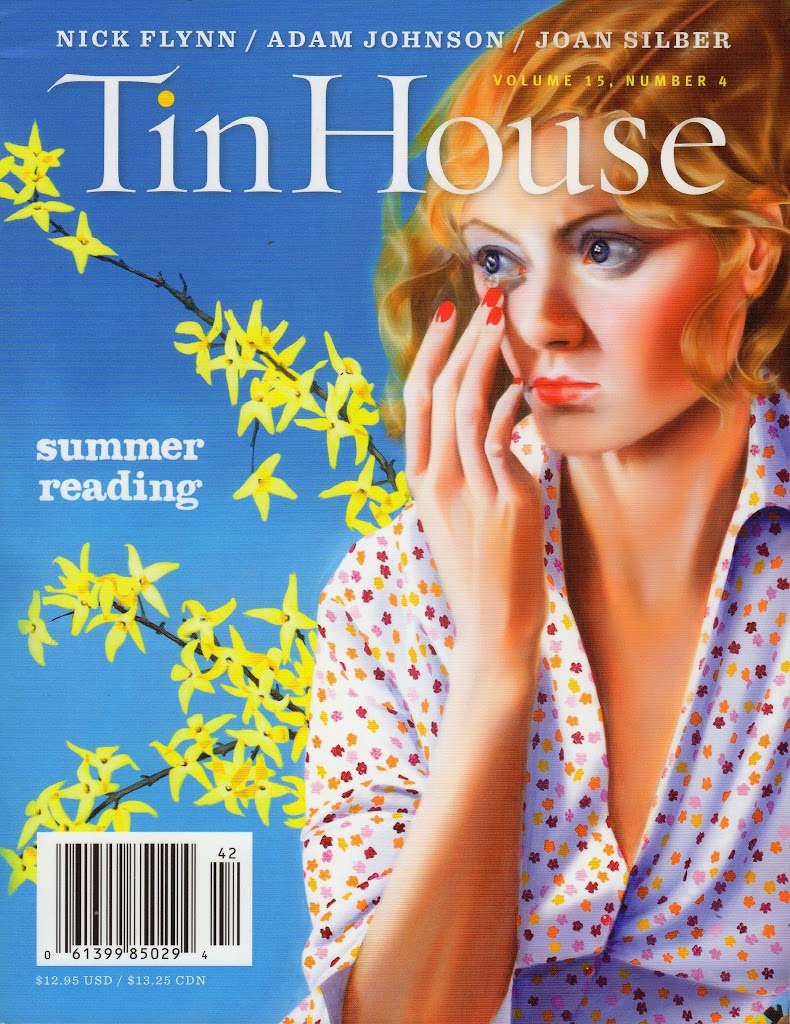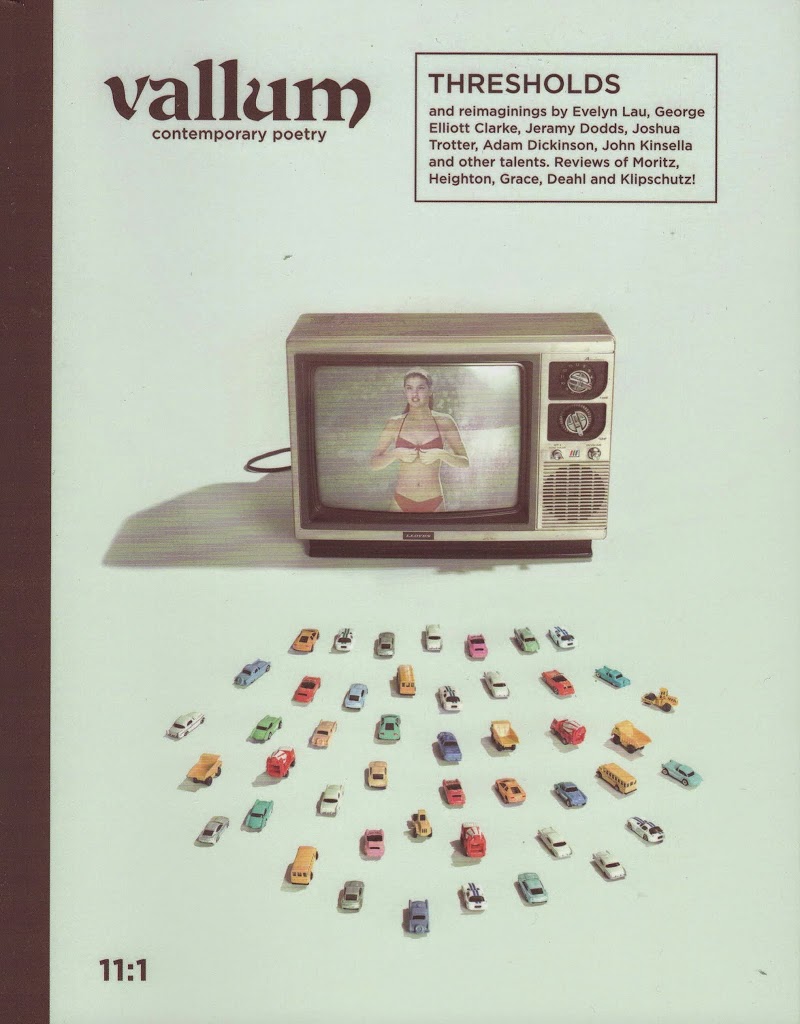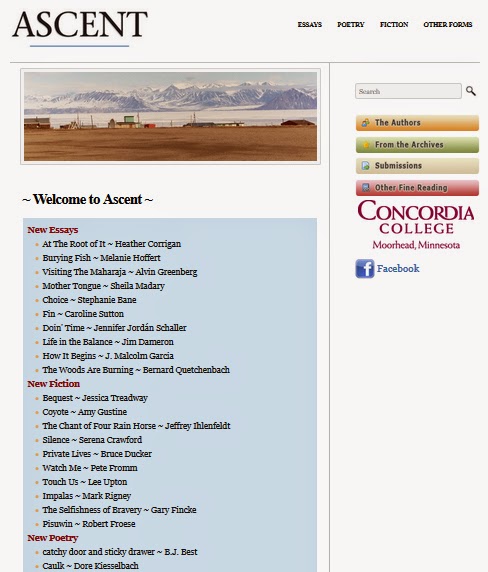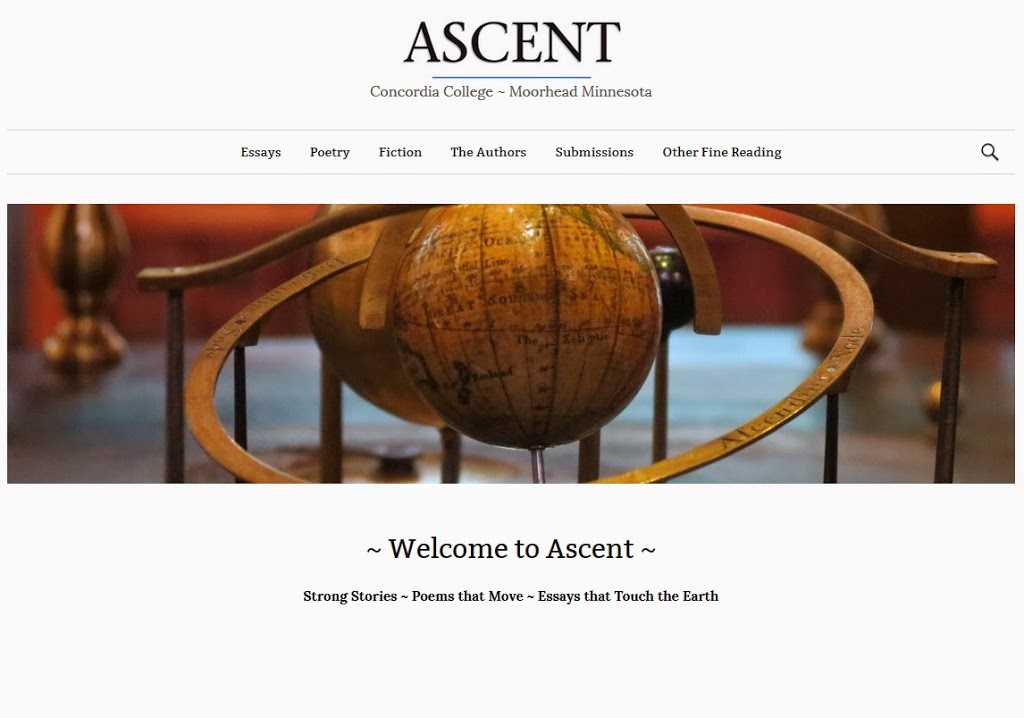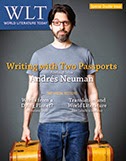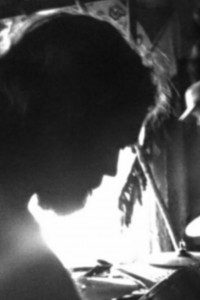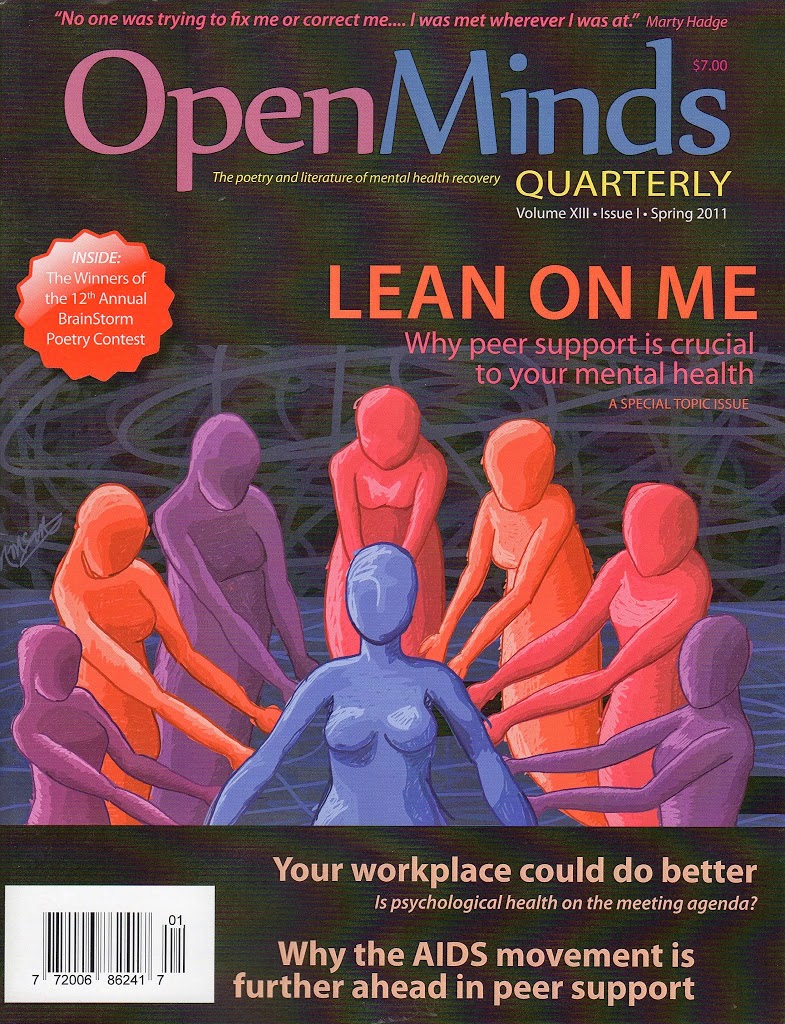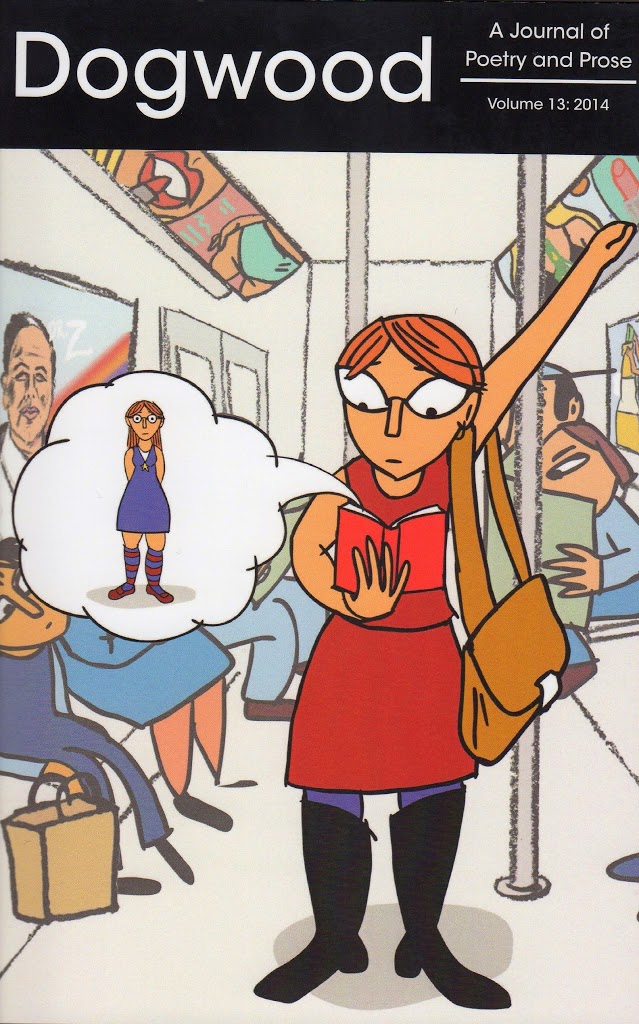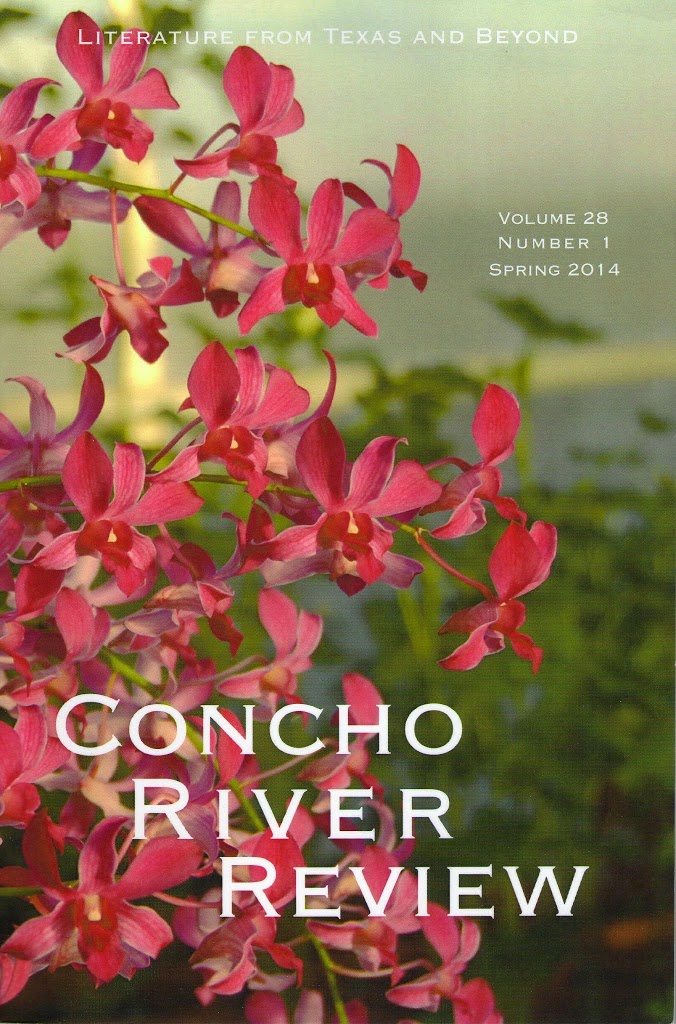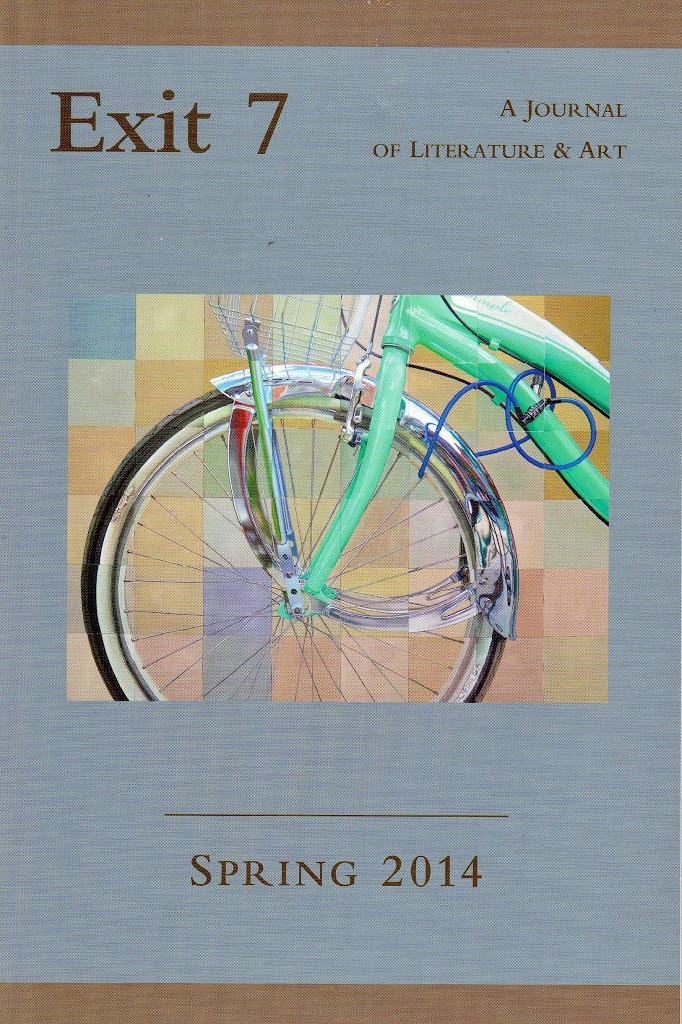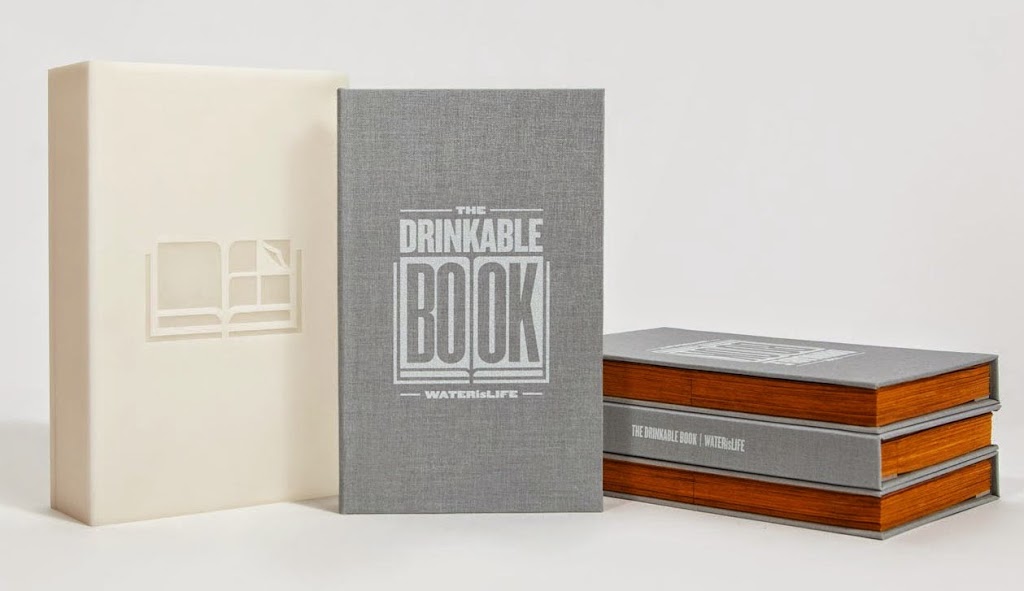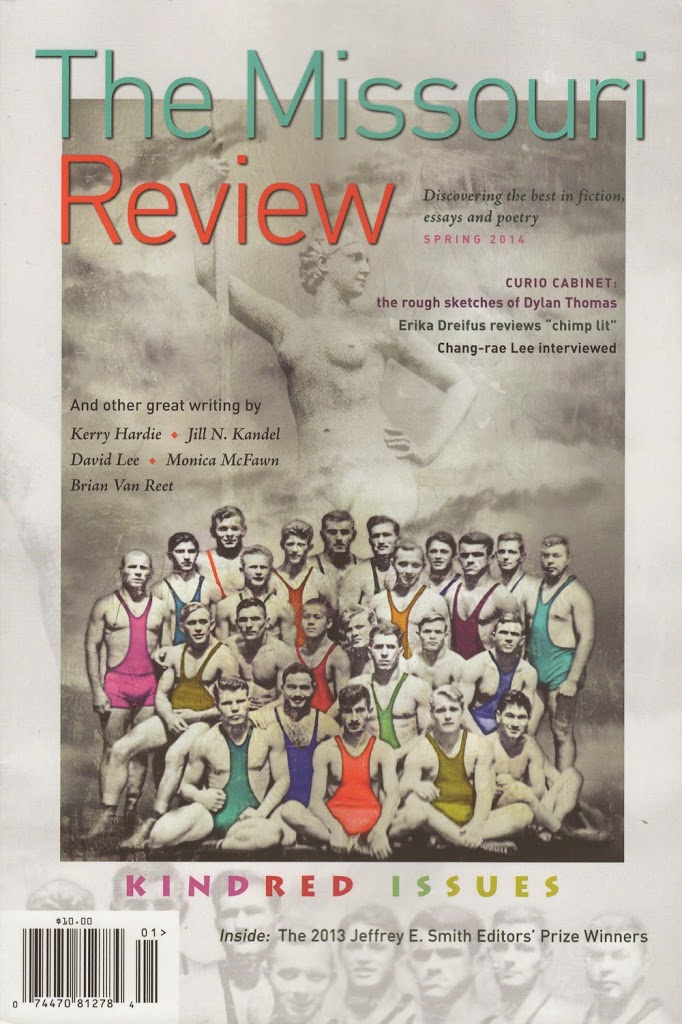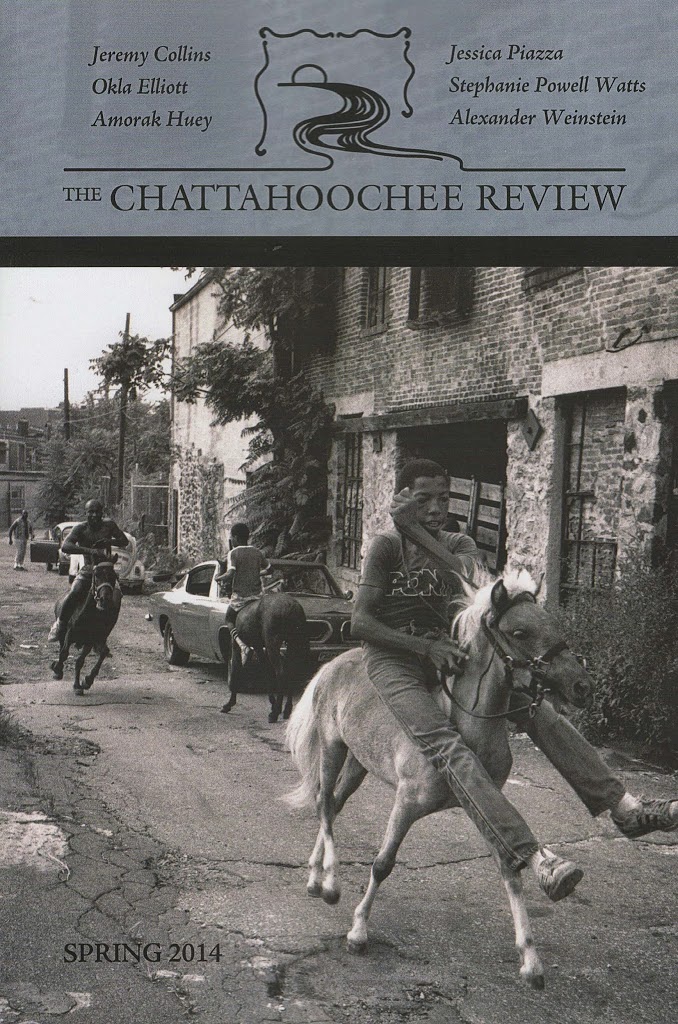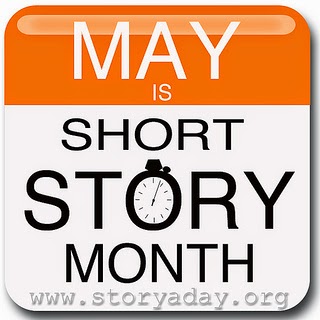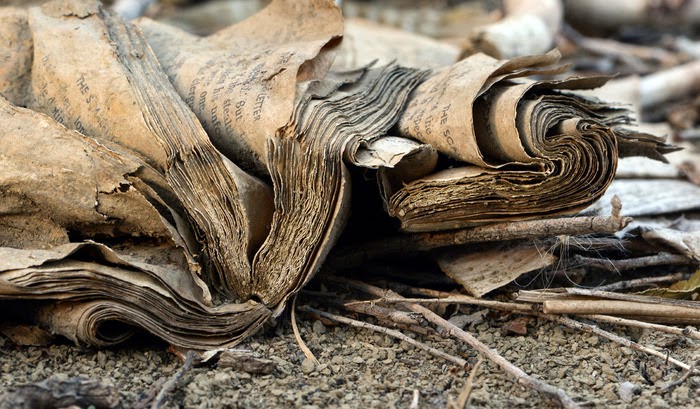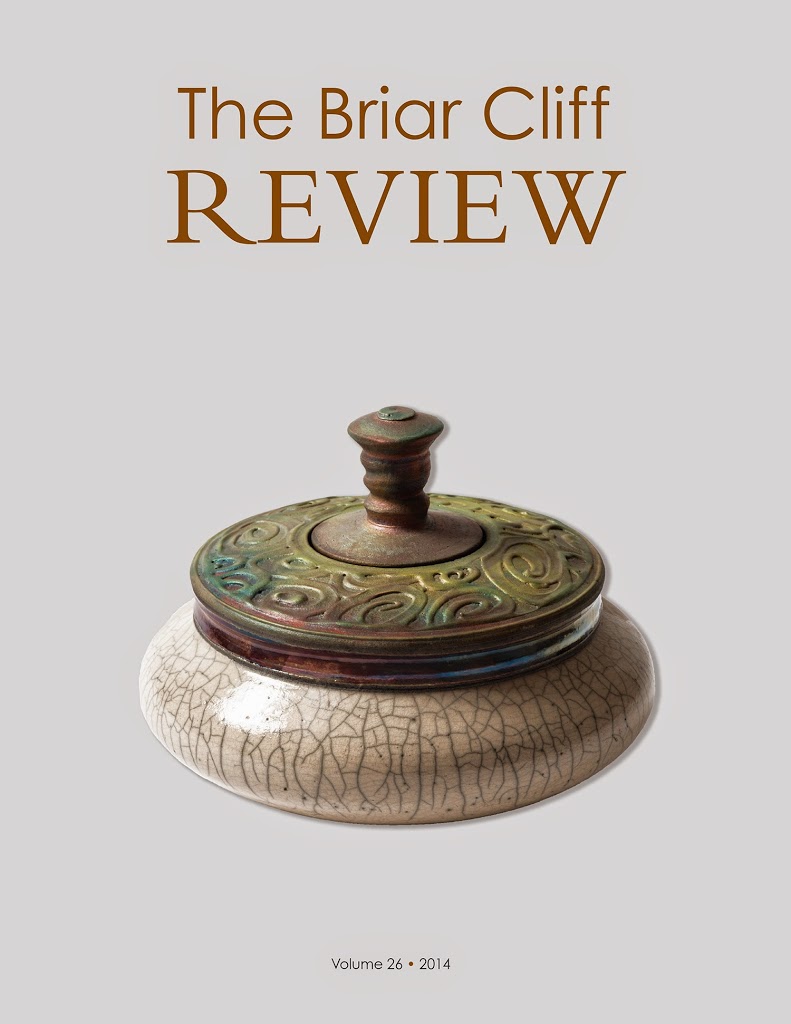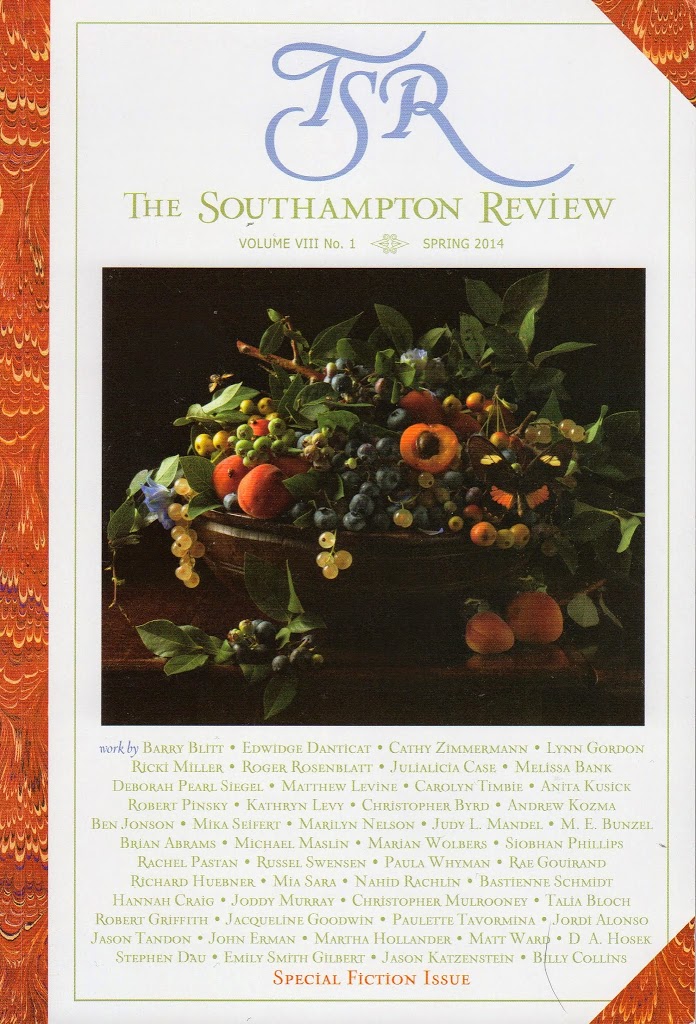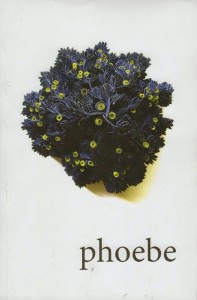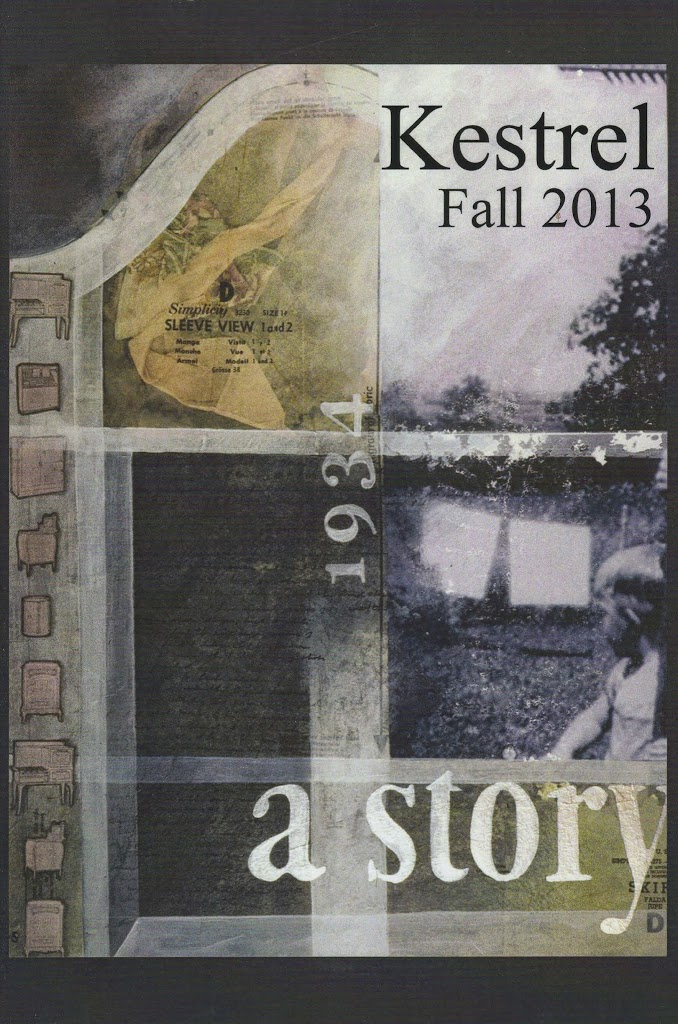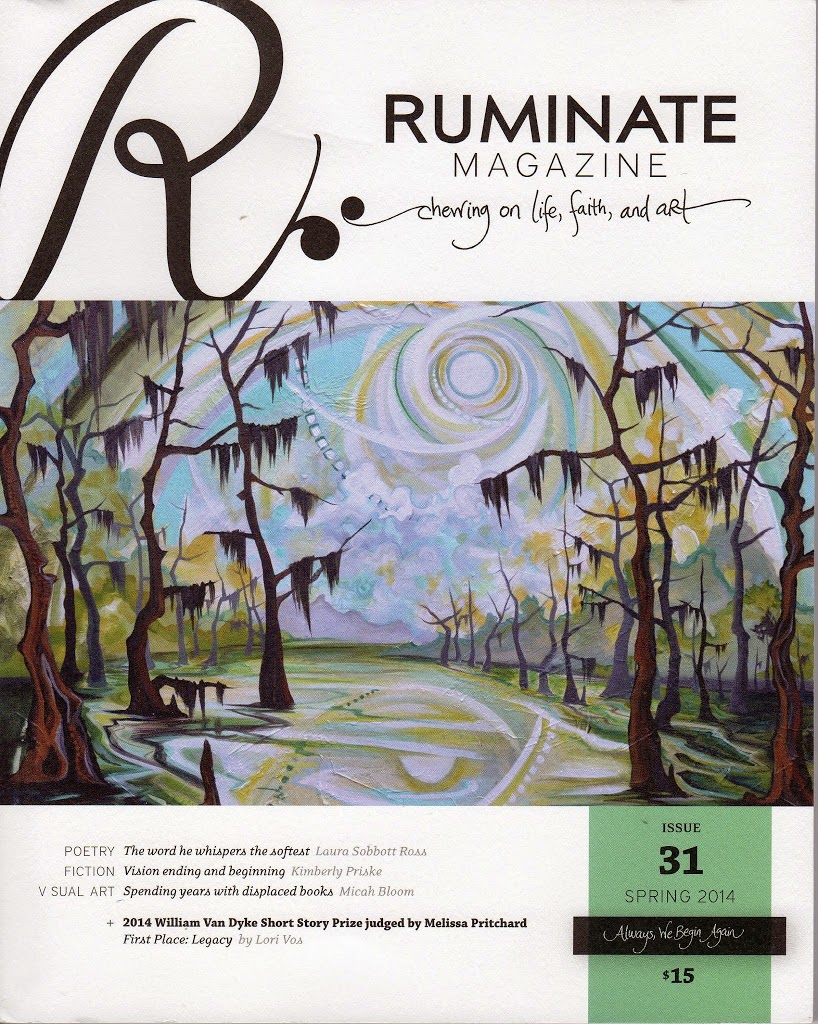Prairie Schooner has announced that a new managing editor will be taking over, Ashely Strosnider. She has held editing positions with Drunken Boat, Pithead Chapel, and Yemassee. Editor-in-Cheif Kwame Dawes writes that, “Ashley comes with the requisite experience that this job demands, but she’s also full of brilliant ideas and has a tremendous passion for publishing, qualities that will take us in new and exciting directions.” You can read more about Strosnider and the staff change, here.
Live Storytelling is Booming
Paula Carter writes that, “live nonfiction storytelling is hitting a nerve. Audiences are showing up all over the country, and even more are listening online, looking to enjoy some real-life struggle vicariously—or, for that matter, to tell their ow personal stories. As the scene continues to grow, it is becoming clear that this is a golden age of storytelling, and it is something to relish—maybe even to love.” This is part of her contribution to a section in the current issue of Creative Nonfiction called “Under the Umbrella: Getting Intimate with a Crowd of Strangers.”
Creative nonfiction doesn’t have to just be on paper. Carter explains it this way: “Like the narrative nonfiction essay, live stories reveal the truths of who we are. They air the unspoken, make fun of idiosyncrasies, and demonstrate our common humanity. Unlike at a comedy show, or even a theater production, audiences are asked to connect directly with the person on stage. Spectators fail and fall in love and overcome obstacles along with the storytellers. We see ourselves in the stories. We’ve been there.”
In the next section, Graham Shelby takes us on stage with him as he goes through the experience of performing at The Players, The Moth Mainstage: “My story will be recorded and maybe someday broadcast to the roughly one million weekly listeners of The Moth Radio Hour,” he writes. Shelby tells us that there is something very rewarding with this type of nonfiction:
“I love writing. I do. But it can be isolating. When we’re writing in our rooms, it’s easy for our eventual readers, unknown in name or number, to remain abstract. So easy to focus on what we want, rather than what they need. Live storytelling never lets you forget about the audience. The form offers one more gift, as I see it, one that springs from the very aspects of storytelling that sometimes keeps writers away: it’s public, it’s interactive, and you have to go somewhere to do it. Sometimes, if you’re lucky, that means you leave the house with one story, but you come home with two.”
Both pieces are insightful and great reads. Editor Lee Gutkind writes in his opening note, “Storytelling is our oldest, most powerful art form; we use it to entertain, to inform, and to inspire. A good story can change the world. That is what his issue is all about.”
Get Your Vectors Running :: July Broadsided
The Broadsided art/poetry collaboration for July features “A Poem by Brian McGuigan,” which is actually a poem by Kate Lebo, and art by Sarah Van Sanden The website features a collaborators’ Q&A, in which Artist Sarah Van Sanden notes, “The poem immediately evoked the yin/yang symbol for me and everything followed that lead by drawing forms from the poem.” Poetry lovers and those who simply love postering the neighborhoods are encouraged to download the broadside and “vectorize” your quadrant! Also of interest, it would seem Kate Lebo is something of a pie aficionado. Check out her Pie School, “a cliche busting pastry academy.”
American Life in Poetry :: Leo Dangel
American Life in Poetry: Column 483
BY TED KOOSER, U.S. POET LAUREATE
The poems of Leo Dangel, who lives in South Dakota, are known for their clarity and artful understatement. Here he humbly honors the memory of one moment of deep intimacy between a mother and her son.
In Memoriam
In the early afternoon my mother
was doing the dishes. I climbed
onto the kitchen table, I suppose
to play, and fell asleep there.
I was drowsy and awake, though,
as she lifted me up, carried me
on her arms into the living room,
and placed me on the davenport,
but I pretended to be asleep
the whole time, enjoying the luxury—
I was too big for such a privilege
and just old enough to form
my only memory of her carrying me.
She’s still moving me to a softer place.
American Life in Poetry is made possible by The Poetry Foundation (www.poetryfoundation.org), publisher of Poetry magazine. It is also supported by the Department of English at the University of Nebraska-Lincoln. Poem copyright ©2013 by Leo Dangel from his most recent book of poems, Saving Singletrees, WSC Press, 2013. Poem reprinted by permission of Leo Dangel and the publisher. Introduction copyright © 2014 by The Poetry Foundation. The introduction’s author, Ted Kooser, served as United States Poet Laureate Consultant in Poetry to the Library of Congress from 2004-2006. We do not accept unsolicited manuscripts.
Lit Mag Covers :: Picks of the Week
Cimarron Review‘s front cover message states, “Don’t worry, nothing is wrong everything is fine, seriously.” It’s very tongue-in-cheek as right below the message is a tank of dead sea animals. This piece, along with the image on the back cover (“Keep up the good work” alongside a dead flower), are excerpts from Kat Eng’s comic Everything is Fine.
Room‘s cover features Jade Hill’s Dancing with Fire, digital documentation of a fire poi performance. “I take inspiration from the beauty I may find present in all circumstances,” she writes, “and from the relationship between life and myself.”
Green Blotter‘s 2014 issue features cover art by Dylan Rigg. I’m not entirely sure what to think of this cartoon elephant headed man, but it has me thinking, and that’s the important part.
Glimmer Train April Very Short Fiction Award Winners
Glimmer Train has just chosen the winning stories for their April Very Short Fiction Award. This competition is held quarterly and is open to all writers for stories with a word count under 3000. The next Very Short Fiction competition will take place in July. Glimmer Train’s monthly submission calendar may be viewed here.
First place goes to Julian Zabalbeascoa [pictured] of Boston, MA, wins $1500 for “Gernika.” His story will be published in Issue 94 of Glimmer Train Stories.
Second place goes to David Abrams of Butte, MT, wins $500 for “A Little Bit of Everything.”
Third place goes to Meghan Pipe of Minneapolis, MN, wins $300 for “Contingencies.”
A PDF of the Top 25 winners can be found here.
Deadline soon approaching! Fiction Open: June 30
Glimmer Train hosts this competition quarterly, and first place is $2500 plus publication in the journal. This category has been won by both beginning and veteran writers – all are welcome! There are no theme restrictions. Word count generally ranges from 2000 – 8000, though up to 20,000 is fine. Click here for complete guidelines.
2013 Freefall Prose & Poetry Contest Winners
The latest issue of Freefall features the winners of the 2013 Annual Prose & Poetry Contest, judged this year by Marina Endicott.
Poetry
1st Place: Marlene Grand Maitre “Slip the Knot”
2nd Place: Patricia Young “Too Many Guns in the House”
3rd Place: Patricia Young “Puzzle”
Honourable Mentions:
Cassy Welburn “A Kindness of Bees”
Wendy Donawa “About the Snow Queen: A Question for Hans Christian Anderson”
Alec Whitford “Nameless Creek”
Prose
1st Place: Hermine Robinson “Tipping House”
2nd Place: Paddy Scott “The Bull of Heaven”
3rd Place: Theanna Bischoff “Pear”
George Saunders :: Kenyon Review Credos
In honor of the 75 years The Kenyon Review has publishing, they are putting out credos from writers who have been previously been published within their pages. In the current issue, they invite George Saunders to contribute his credo, to which he starts, “I don’t know that I really have a credo, unless it’s ‘Trust the process.'”
“For me, the process is to take some tiny scrap of text,” he writes, “as unladen with ‘meaning’ or ‘theme’ or ‘intention’ as possible, and see what it wants me to do. The way I prompt it to tell me what to do is to revise it, and the means by which I revise it is, more or less, ‘to ear.’ I look at it, read it internally—and see how I feel about it. Often a slight rearrangement (a cut, a reordering, the insertion of a new phrase) will suggest itself instantaneously. Other times, a next sentence or small narrative beat will appear (‘Oh, she should follow him into the store.’) And I do mean ‘appear’—ideally this next bit of text alteration or froward movement does not come willed, exactly00it arrives on its own, instantaneously, unstoppable. This is where the mystery comes in—from where do those strong impulses-to-improve come? … This is also where a terrifying idea presents itself: the difference between a good writer and a so-so writer is the quality of these unwilled intuitions.”
Read the rest in the Summer 2014 issue.
Room’s 2013 Writing Contest Winners
“Our contest winners feature powerful writing about the vulnerability of migrant women in foreign lands; transgendered characters trying to find their place in society; family and motherhood, and the gut-wrenching experience that happens with it all falls apart and when the pieces are put back together,” writes Room Editor Amy McCall in the latest issue. The judges of the 2013 Contests were Yasuko Thanh (fiction), Jane Munro (poetry), and Betsy Warland (creative non-fiction).
Fiction
1st Place: “Essence” by Carol Lazare, Toronto, ON
2nd Place: “Totem” by Katherine Sinclair, Markham, ON
Honourable Mention: “Wishweeds” by Jess Taylor, Toronto, ON
Poetry
1st Place: “liquidation of the ashettes” by Karen Sylvia Rockwell, Belle River, ON
2nd Place: “Lovenoise: an eviction in parts” by Megan Hyska, Port Moody, BC
Honourable Mention: “leaving 7516 tronson” by Lyndsay Thornton, Vernon, BC
Creative Non-Fiction
1st Place: “Writing, in transit” by Najwa Ali, Toronto, ON
2nd Place: “Under the Skin” by Nicola Harwood, Vancouver, BC
Honourable Mention (tie): “Doppelganger” by Paula Freed, Sea Bright, NJ
Honourable Mention (tie): “The Good News” by Veronica Fredericks, Toronto, ON
View the shortlist entrants by genre here.
Poems from Working as a Nurse’s Aide
Janice N. Harrington’s The Hands of Strangers: Poems from the Nursing Home come from her experience working as a nurse’s aide: “It was work; it was a way of life, and I wanted people to understand who the people are who are helping the elderly . . . Even when I read some of the poems in public, people will assume they’re nurses, but these are the nurses’ aides. These are the people who do the grunt work, the underpaid work. I wanted to tell those stories.”
The latest issue of New Letters features an interview with this author, where the quoted text above comes from. And as Editor Robert Stewart asks how she kept the details from so long ago in her mind, she responds, “I never forget the people I worked with. Even now I know what their conditions were . . . I still remember their names . . . I think we were in that intense, compressed situation, and their stories somehow became a part of my memory.”
The interview deals with the inspiration behind the book, her background in writing, and her writing process. “If I’m writing a poem,” she says, “I’m writing it for a reader; I’m writing it for another human being. I want the reader to understand me. I want there to be some communication. I know that there’s argument about being too simplistic. It’s not that I think poems are just about communication. Sometimes when I’m writing something, because I appreciate the sound of it, that’s what I want you to pay attention to.”
Founding Editor and Designer Pass the Torch
High Desert Journal was founded ten years ago by Elizabeth Quinn whose vision was “to create a platform for the artists and writers of the interior West, a place to showcase their talents, and by doing so bring to a wider audience the art and stories that come from the place they call home.” And the first eighteen issues (the journal is now on issue 19) were all designed by Thomas Osborne. Editor Charles Finn writes, “There is not a better looking, classier, more visually engaging literary magazine on the stands today. Period. Thomas put a look to Elizabeth’s vision, and between the two they created one of the most respected journals in the country.” And due to the many thanks that Finn has to these to for making the journal what it is, it is with a heavy heart that he announces that both of them will no longer be working with the journal on the day-to-day. They will remain, however, as advisors.
And the torch of a vision will be carried on: “High Desert journal can’t help but change, evolve as all endeavors such as this do, but I’d like to take this opportunity to say what it will not do is cease to be the visual and artistic voice Elizabeth and Thomas foresaw, a journal built to be a witness to the West,” Finn writes.
To carry on this vision, Sheryl Noethe, previous poet laureate of Montana, and Joe Wilkins, award-winning author of The Mountains and the Fathers, will join the team along with new Art Editor Kerrie Rosenstein and new Fiction Editor Jane Carpenter. The new design team will consist of Benjamin Kinzer and Chloe Frommer.
Lit Mag Covers :: Picks of the Week
Simple, yet a perfect spring cover for Natural Bridge. The illustration and design is done by Nathaniel Gibson.
This image on Rattle‘s cover is breathtaking, especially in your hands and not on the screen. By Sebastian Lauf.
Kim Aubrey writes in Grain‘s editor’s note: “The haunting prints of our featured artist, Sean Caulfield, show an organic world worked upon by technology and ask questions about what survives from that familiar natural world and what changes beyond recognition.”
Absinthe Magazine Moves to Ann Arbor
Previously founded in Farmington Hills, Michigan, Absinthe has announced that they will be moving to Ann Arbor, Michigan where The Department of Comparative Literature at the University of Michigan will assume editorial leadership. Here’s more information from the announcement:
“The relocation of Absinthe to the Department of Comparative Literature will allow the journal to benefit from the expertise of one of the strongest comparative programs in the nation, and provide a sustainable publishing model to continue Absinthe’s commitment to promoting foreign literature in the United States. At the University of Michigan, Absinthe will provide a space of encounter between new voices in foreign literature, experienced translators, as well as translators in training.
Starting in summer 2014, Absinthe will serve as a platform from which to expand the Department of Comparative Literature’s ongoing engagement with translation activities across the Michigan campus and beyond. The magazine will offer graduate students the opportunity to gain professional experience in editing literary translations and identifying important new trends in contemporary world literature. It will also provide opportunities for collaboration with colleagues across departments, both within and beyond the University of Michigan, on topics for special issues.
In the fall of 2014, The Department of Comparative Literature will resume Absinthe’s biannual print publication as well as create an entire new online presence for the magazine. Two doctoral students in Comparative Literature will serve as co-editors for the first two transitional issues. Their task will consist of maintaining the legacy of Absinthe as established by Hayes, while broadening the magazine’s current focus on European literature to include texts that reflect the very wide range of geographical interests, talents and affinities present in the Department of Comparative Literature at the University of Michigan. “
Bellingham Review 2014 Contest Winners
Bellingham Review is pleased to announce the winners from their 2014 Contests:
Annie Dillard Award for Creative Nonfiction
Final Judge: Joy Castro
First Place
Michael Palmer, “A Glossary of West Texas”
Runner Up
Whitney Templeton, “Body Cavities”
Finalists
Rebecca Bald, Sonja Livingston, Jericho Parms, Allie Rowbottom, Julie Wittes Schlack, Maya Jewell Zeller
49th Parallel Award for Poetry
Final Judge: Kathleen Flenniken
First Place
Jackleen Holton, “Goldfish”
Finalists
Leslie Marie Aguilar, C. Wade Bentley, Cathleen Chambless, Lynn Deming, Luiza Flynn-Goodlett, Rebecca Foust, Jenny Grassl, Amy Greacan, Kathleen McClung, Arlene Naganawa, Nathan Renie, Tobias Wray
The Tobias Wolff Award for Fiction
Final Judge: Shawn Wong
First Place
Tom Howard, “Temple and Vine”
Finalists
Noelle Catharine Allen, Amina Gautier, Patricia Schultheis, Britt Tisdale
June Lit Mag Reviews on NewPages
Yesterday we supplied you with the latest in literary magazine reviews. As of last month, Screen Reading (mini reviews of online and digital magazines) is now on the same page, so you’ll get a sampling of both print and online/digital magazines in the mix.
Discover both brand new and well-established mags as our expanse of reviewers gives you honest recommendations of what to read. We don’t assign reviews or charge magazines to be reviewed, so you know you’ll always be getting an unbiased review. Here are the first lines from several reviews:
“Though I’ve read several issues of Phoebe before, I’m always impressed by how diverse the journal is in terms of genre, aesthetic, and style,” Justin Brouckaert writes.
“Fairy Tale Review maintains its fanciful theme well, but its significance as a literary document exceeds whimsy: the authors transform modern literature, spackling any clichés or invention with language, philosophy, and critical energy,” writes Mary Florio.
“Bop Dead City is a humble, independent, quarterly literary magazine,” writes Melanie Tague. “At first glance it may seem to lack the finesse of larger magazines, but upon closer inspection, the reader will be pleasantly surprised to see interesting cover art as well as poetry and fiction that can and will inspire us all to read more or to pick up a pen and begin to write.”
The rest of the print magazines reviewed include both well established journals and a mix of newer ones: 2 Bridges Review, The Austin Review, Black Magnolias, The Cape Rock, Hiram Poetry Review, Iodine Poetry Journal, Juked, Kestrel, MAKE Literary Magazine, Minetta Review, No Tokens, The Pinch, Sierra Nevada Review, and Subtropics.
Online magazines reviewed by Kirsten McIlvenna (as Screen Reading) include Clare, Communion, New Purlieu Review, rawboned, and Red Booth Review. They are combined in with the rest of the reviews, but if you would like links to these particular reviews as well as more recent online magazine reviews, you can click here.
Or you can read all the reviews in one place! Click here to get going.
Lit Mag Covers :: Picks of the Week
This cover of New England Review is titled Blue Vault by Ra
Rising Phoenix
The Rising Phoenix Contest occurs with each spring issue of The Sheepshead Review. This year, they stepped up the game a little bit and had the students send in a six-piece portfolio for review for the art portion, giving them the opportunity for six pieces to be published, “a larger amount of pieces than is typically presented by one student.” The judge this year was Jon Crispin, along with new judges Saul Lemerond (fiction), Sarah Gilbert (poetry), and David McGlynn (nonfiction). Here are the winners:
Art
Laura Wire: Piet’s Orange Peel
Fiction
Sarah Chayer: “The Breaking Breath”
Poetry
Cole Heyn: “Rail-Splitters”
Nonfiction
Andrea Reisenauer: “The Solo Journey”
2013-2014 Mid-American Review Awards
Mid-American Review publishes the winners of the 2013-2014 James Wright Poetry Award and the Sherwood Anderson Fiction Award in the latest issue:
James Wright Poetry Award
Winner
Jude Nutter: “The Shipping Forecast
Runner-Up
Cate Lycurgus: “[It wasn’t a fast break]”
Finalists
Carol V. Davis: “The Autopsy, a Love Poem”
Nate Liederbach: “Siege”
Janet Smith: “To Do List”
Sherwood Anderson Fiction Award
Winner
Gabriel Houck: “Hero’s Theater”
Runner-Up
Dana Fitz Gale: “Cousin”
Editor’s Choice
Courtney Craggett: “Kansas Before Oz”
2013 Barthelme Prizes
Robert Coover was the final judge for the 2013 Barthelme Prizes, hosted by Gulf Coast. “All three of these stories echo Donald Barthelme’s brevity, concision, and wry intelligence, his gift for memorable one-liners,” he writes in the latest issue which features the winners. “Notoriously withering as his critiques could be, he would have loved all the first and last sentences here, and would have said so. . . Though all these stories are deserving of prizes and publication, ‘Bats’ in particular, with its commonsensical women of Northwest Ohio dreaming the winged dreams of the bats hiding upside down in their purses, perhaps best exemplifies Barthelme’s poignant whimsy, his playful collaging of artful irrealism with the commonplaces of the quotidian.”
Winner
Lawrence Coates: “Bats”
Honorable Mentions
Colin Winnette: “Cement Man”
Ana Reyes: “At the Edge of the Kitchen’s Light”
Vermont Double Laureate Team-Up
As a special feature in the latest issue from Green Mountains Review, Vermont Double Laureate Team-Up” is an illustrated collaboration between Poet Laureate of Vermont Sydney Lea and Cartoonist Laureate of Vermont James Kochalka. It’s a “strip” they title “Laureate Power.” Here’s a sampling from the first included page:
Lit Mag Covers :: Picks of the Week
The cover of the latest issue of Hayden’s Ferry Review features Seba Kurtis’s Mirrors. It’s even more magnificent inside the issue where it is also printed, with more true color and clear image.
In the editor’s note of this issue of december, Gianna Jacobson writes that “inspiration is a miraculous notion.” And so the cover art, by B
Staff Changes at Under the Gum Tree
Under the Gum Tree has been making some changes to their staff. Six months ago, assistant editors Kathryn DeJarnette and Becca Litman joined the team. Robin Martin became senior editor. Now, Aimee Steffen Taber is taking Natana Prudhomme’s place as designer. Prudhomme helped launch the magazine in 2011 and designed the logo and page layout. “I can’t tell you how lucky I was to find Natana (and would you believe it was all thanks to a Craigslist ad?),” Editor Janna Marlies Maron writes, “seriously, Under the Gum Tree would not be the gorgeous magazine that it is without Natana. When we started working together, all I had was the title and an idea and Natana executed that idea more beautifully than I could have imagined. As sad as I was to see Natana go, I was so honored to have worked with her for two years and am excited to see her pursuing her goals as an artist.”
There has also been a transition in the editorial interns. Janna thanks Elizabeth Kroll for her contributions with the newsletter and social media and welcomes aboard the new intern, Katie Walker. You can read more here.
2014 Tusculum Review Prizes
The Tusculum Review is proud to announce the winners of their 2014 prizes, included within the Volume 10, 2014 issue. Winners received $1,000 and publication.
2014 Tusculum Review Fiction Prize
Sara Pritchard, Final Judge
John Blair: “Biggest Snake in the Woods”
2014 Tusculum Review Poetry Prize
Jericho Brown, Final Judge
Winner
Cynthia Schwartzberg Edlow: “The Timekeeper”
Finalists
Gail Giewont: “Identifying Angels”
Jed Myers: “Comfort”
Chris Vogt-Hennessy: “Requiem for Monogamy”
Visit the magazine’s website to read more about the judges and order an issue to read the pieces.
NANO Fiction Now Pays Writers
NANO Fiction has just announced that they are now able to pay their contributors: “Starting with issue 8.1, all writers who have work published in NANO Fiction (including reviewers and contributors to our State of Flash series) will not only receive two copies of the issue in which they are published, but they will now also be paid $20 per published piece!” Submissions will remain free, but there is now an optional tip jar to help support the magazine.
Summer Poetry in Rattle
The Summer 2014 issue of Rattle has some great poems. I only skimmed through a few of them, but each one I read made me happy I did. Here’s a snippet of Nic Alea’s “River,” which opens up the issue:
I think I am in the back of
the car slamming my head against
the seat, I think I am screaming, no,
careless, maybe, I think I am too fast
over this canyon, I think my tape player
is stuck singing about the rain or
a field or no, this is a canyon and canyons have the once upon a river stuck to
the bottom, I’m going to hit the bottom
and it’s going to burn like the summer
and we feel good peeling the dead skin
off our shoulders and I press my thumb
into your chest to watch my imprint glow
against you, I think you forgot about me,
maybe we kissed goodbye on your bed with
the windows open and the orange house across
the street steamed like a fat sun and I feel all over
the wood floor…
Kentucky Poet Laureate 2013-2014
Frank X Walker, the first African-American Kentucky poet laureate (2013-2014), is featured within the current issue of The Louisville Review. The magazine hails from Spalding University, and so the editors are especially pleased to welcome him to the issue as he is a graduate of the Spalding University low-residency MFA in Writing. “In this issue,” writes Sena Jeter Naslund, “we are proud to include the work of three of Frank’s teachers while at Spalding: Molly Peacock…Greg Pape…and Jeanie Thompson…” Here is a sample of his first included poem, “Thanks,” after Yusef Komunyakaa:
thanks for the tug at my heart string
and each beat that skipped
every time you were close enough
to be touched or touch but didn’t.
thanks for the light that came on
and the sirens and storm warnings
after the tequila flavored kiss
and the inhibitions that took flight
joining the flock of sky gods
just outside our windows.
The issue also features poetry from Michael Fulop, Robert Fernandez, Joel W. Nelson, Okla Elliott, Jesse DeLong, John Blair, Roy Bentley, Natalie Price, Aaron Crippen, Andrew Payton, Drew Pomeroy, Brandon Rushton, Jessica Pace, Helen Tzagoloff, and Simon Perchik; fiction by Cailin Barrett-Bressack, Megan E. Calhoun, Ed Taylor, Margaret Hayertz, Kirby Gann, Gayle Hanratty, and Chervis Isom; and more.
2013 Booth Story Prize Published
This year’s print edition of Booth includes the winners of the 2013 Booth Story Prize, judged by Roxane Gay. The first prize winner won $1,000 and second prize got $250.
First Prize
“Real Family” by Lenore Myka
Second Prize
“Little Miss Bird-in-Hand” by Annie Bilancini
Shortlist
“Some Helpful Background for the Incoming Tenant” by Jacob Appel
“Their Own Resolution” by David Armstrong (story withdrawn by the author)
“Little Miss Bird-in-Hand” by Annie Bilancini
“Plush” by Jennifer Caloyeras
“Real Family” by Lenore Myka
Gulf Coast Poetry Editor’s Advice on Submitting Your Manuscript
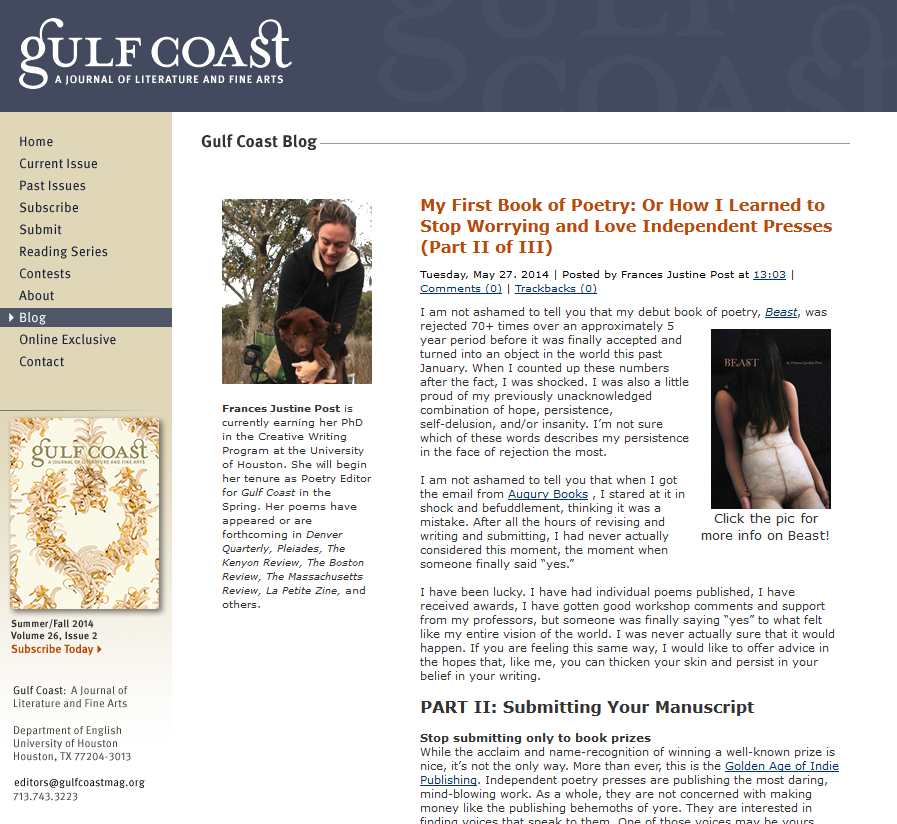 In a second post in her series “My First Book of Poetry: Or How I Learned to Stop Worrying and Love Independent Presses,” one of Gulf Coast‘s poetry editors, Frances Justine Post writes advice on submitting your manuscript to small presses on the magazine’s blog. “Independent poetry presses are publishing the most daring, mind-blowing work,” she writes. “As a whole, they are not concerned with making money like the publishing behemoths of yore. They are interested in finding voices that speak to them. One of those voices may be yours”
In a second post in her series “My First Book of Poetry: Or How I Learned to Stop Worrying and Love Independent Presses,” one of Gulf Coast‘s poetry editors, Frances Justine Post writes advice on submitting your manuscript to small presses on the magazine’s blog. “Independent poetry presses are publishing the most daring, mind-blowing work,” she writes. “As a whole, they are not concerned with making money like the publishing behemoths of yore. They are interested in finding voices that speak to them. One of those voices may be yours”
She also suggests submitting during an open call instead of for a book contest. The publishers will select their favorites, but when it comes down to it, the final judge makes the decision. It may not be the publisher’s top choice, but they support it. However, if you submit during an open submission, you’ll know that they are backing your book one hundred percent. “They have chosen you because they believe in you,” she writes. “In my experience, this makes all the difference. They want your voice in the world, so they will work really hard to make that happen.”
In the rest of the blog post, she offers more advice. And in the post before that, she discusses putting your poetry manuscript together. There is also promise of part III. Read Gulf Coast’s blog here.
Lit Mag Covers :: Picks of the Week
Tin House‘s summer reading issue is a beautiful oil on canvas painting by Jocelyn Hobbie titled Forsythia. Dig it? View more of her work on her website.
If you’re not afraid of bears, PULP Literature‘s latest cover will make you question if perhaps you should be. A mutant, robotic bear stands out first, and all you can see of the dark army of bears behind it are their red dotted eyes. The work is by JJ Lee, and he also has another illustration inside the issue to accompany his writing “Built to Love.”
Vallum‘s cover is a drive-in movie of sorts. It may be hard to see on the screen, but there are a bunch of matchbox cars lined up in front of an old television. I loved it even more when I read the title of the piece: “Fast Times at Ridgemont High” by Andrew B. Myers.
Wag’s Revue Contest Winners
Wag’s Revue recently sent out a note to congratulate the winner of their winter contest: first, Benjamin Harnett for his essay “Ghosts and Empties”; second, poet Kathryn Hindenlang; and third, Robert Johnson for his short story “Pay the Fish Lady.”
These pieces will appear in Issue 18. Issue 17 is now available.
Ascent Gets a Makeover
Ascent, an online magazine publishing fiction, nonfiction, and poetry, has just finished a website redesign. “Founded by Dan Curley at the University of Illinois, Ascent … provokes and entertains the head as well as the heart,” they write. “Now housed at Concordia College in Moorhead, Minnesota, and edited by W. Scott Olsen, each issue features dramatic poetry, thoughtful essays, and fiction with a solid narrative. We publish as many first-time authors as well-known names. We promise good company to our authors, and work that matters to our readers.” The screenshot on your left is their old design and the one to the right their new design. Check out the magazine and the redesign at readthebestwriting.com.
International Eco-Lit
Last year, World Literature Today posed a question on their blog, “Now we must write as if the planet were dying. What would you say to a planet in a spasm of extinction?” In a special section of the latest issue (May-August 2014), eleven writers share their responses from essays to poetry to booklists. Writers include Kris Saknussemm, Maya Khosla, Niyi Osundare, Wu Ming-yi, Michael Cope, Liu Ka-shiang, Ava Chin, Tom Zoellner, Eduardo Mitre, Pedro Shimose, and Amarsana Ulzytuev. Here is a sample from Cope’s “The Stream”:
How quickly the rain will ceaseand the stream go back to sand,the blooms wither to dustin the wind, the diligent antsbringing in their stores curl upto be blown away, the shadeson the other shore dissolve into light;and how lightly we will cross over,with a single pace, our childrenbeside us or on our backs.
And here’s the opening of Zoellner’s “The Mountain That Eats Men”: “Come see the mountain. It dominates the Bolivian city of Potos
Glimmer Train March Family Matters Winners
Glimmer Train has just chosen the winning stories for their March Family Matters competition. This competition is held twice a year and is open to all writers for stories about family of all configurations. The next Family Matters competition will take place in September. Glimmer Train’s monthly submission calendar may be viewed here.
First place: Douglas W. Milliken [pictured], of Portland, ME, wins $1500 for “Blue of the World.” His story will be published in Issue 94 of Glimmer Train Stories.
Second place: Scott Gloden, of Chagrin Falls, OH, wins $500 for “What Is Louder.”
Third place: MK Hall, of Venice, CA, wins $300 for “Fortune & Riot.”
A PDF of the Top 25 winners can be found here.
Deadline soon approaching for Short Story Award for New Writers: May 31. This competition is held quarterly and is open to all writers whose fiction has not appeared in a print publication with a circulation over 5000. No theme restrictions. Most submissions to this category run 1500-5000 words, but can go up to 12,000. First place prize is $1500. Second/third: $500/$300. Click here for complete guidelines.
2014 december Awards
Only on their second issue of the revival of december, the editors publish the winners of their 2014 writing awards. The Jeff Marks Memorial Poetry Prize was created “to recognize and honor the role played by Sherwin Jeffrey (S.J.) marks in establishing this magazine’s poetry aesthetic, which endures today.” Stephen Berg, founder of the American Poetry Review and close friend of Marks, served as the judge this year. “Berg made choices that Marks might easily have made himself. Both poems confront gritty realities of isolation and mortality, eschewing sentimentality while holding fast to notions of hope and determination.”
Winner
Greg Jensen: “Anybody Mentions the Pope”
Honorable Mention
Dina Elenbogen: “A New Year”
Finalists
Jack Anderson, David Clewell, Hannah Cohen, Michael Collins, Michelle Deatrick, Dina Elenbogen, Eric Greinek, Marcia Hurlow, Daisy Kincaid, Donald Levering, Moira Linehan, Colleen McElroy, Annette Opalczynski, Jill Osier, Frederick Pollack, Marcia Popp, Kathleen Tibetts, Kari Wergeland, Sarah Winn
The Curt Johnson Prose Awards in Fiction and Creative Nonfiction is named after Johnson who edited the magazine from 1962 until 2008. “He filled the magazine with the work of writers and artists he knew and those he’d never met, concentrating on work he felt deserved, even needed, to be heard.” Mary Helen Stefaniak served as the fiction judge this year and “adhered to values almost identical to those Johnson espoused over the years.” And William Kittridge judged the nonfiction, which both pieces he says are “studies in the ways we become emotionally isolated”
Fiction Winner
Jim Nichols: “Owls”
Fiction Honorable Mention
Michael Fertik: “Hunting in Nangarhar”
Creative Nonfiction Winner
Garet Lahvis: “NQR”
Creative Nonfiction Honorable Mention
Jenny McKeel: “Saigon”
12th Annual BrainStorm Poetry Contest for Mental Health Consumers and Survivors
The winners of the 12th Annual BrainStorm Poetry Contest have been announced and included in the Spring 2014 issue of Open Minds Quarterly. “The winning poems exhibit strength in imagery, attention to the sound of language, and left the readers with a sensation long after they were read.” The honorable mentions include “an echo” by Sophie Soil, “As She Gently Brushed My Hair” by Sandy Jeffs, “With a huge love shattering my heart” by Georgina Paul, and “Medicated” by Sandy Jeffs. Here are the winners along with a sample of their poetry:
First Place
“Quebec City” by Ashley Laframboise
Sitting in your warm apartment, with
snow falling outside frosty windows, you
are wearing purple leg warmers over blue jeans, and green
slippers that used to be your grandmother’s.
You are singing along to
French folk music I’ve never heard before, and lazily
sucking on an electronic cigarette that smells of
honey.
Second Place
“Airport, Heavy Water” by Tyler Gabrysh
Tiny moon shadows plop on my dash;
an orchestral pitter-patter
forming the dew we never see born
Maybe once this was enthralling;
now it’s a swirl of overtaxed night
and dilated mourning.
Third Place
“Waiting to be Found” by Aaron Simkin
The night the meaning dissolved, it was just for me the
heads turned in the cars as I ran from the neon green street signs
a doomed cipher roaming the barren Winnipeg winter night
a prisoner of the light,
bathing in a conspiracy of clues derived from the indelible public grain,
no movies on the marquee at Portage Place,
just question marks like silver lights clawing at the clouds,
I Was a Teenage Girl, Apparently
The cover of the current issue of Dogwood is a still frame from a work-in-progress short, animated film by Nina Frenkel and Lyn Elliot: I Was a Teenage Girl, Apparently, the story of a woman who goes back in time to visit her teenage-self. In the back of the issue of Dogwood is a small interview with each of these featured artists:
Elliot, the writer, said that the collaboration is really helpful for her because she can still direct an animated film despite her “complete lack of drawing ability.” She writes, “I like making very short films; many of my films are five minutes or shorter. SO it seemed to me that my writing and directing impulses could be well0suited to short animation, where virtually anything you can imagine can be made to happen onscreen.”
Frenkel, the animator, says that they are using the “tradigital” style of animation; “it’s a combination of traditional frame-by-frame animation drawing using a digital tool.” This allows it to have “the looseness of the drawn style with the efficiency of the computer.”
The project was funded by Kickstarter and should be completed by late summer. For more information about the project, visit their Kickstarter page.
Lit Mag Covers :: Picks of the Week
While in other parts of the country Spring may have come earlier, in Michigan, our trees have only just started to bloom. So in honor of our first real week of Spring and warmer weather, here’s all the covers this week that are both striking and Spring-filled.
Concho River Review‘s Spring 2014 cover couldn’t be more inviting. The photograph is by Danny Meyer.
The Aurorean‘s Spring/Summer 2014 issue features “Flowering Tree at Emily Dickinson’s House” by Cynthia Brackett-Vincent.
So Exit 7‘s cover isn’t quite the aesthetic as the other two, but nothing sounds better now than a nice bike ride. The art is Simple by Jeff Cohen, and his piece Berlin with Bicycle is on the back cover.
Psychopomp’s Transparency
The two editors of Psychopomp literary magazine, Cole Bucciaglia and Sequoia Nagamtsu, posted a blog post revealing the whole submission process. They say that they both read every piece and try to get to it within 10 to 14 days, labeling each piece “no,” “yes,” or “maybe.”
“For me, language is very important,” writes Nagamatsu. “A close second is an awareness of form. A well-crafted submission that reads well (and sounds good) is going to be met with more sympathy on my end. Those stories, regardless of whether or not I’m interested in the subject matter, almost always get a closer read.”
And Bucciaglia confirms that they both have similar tastes. “I think one of the ways in which we different is that I tend to favor stories that are a little sparer with their language,” she writes. “We get a lot of very poetic and lyrical pieces, but I’m very wary of stories in which every line is painstakingly written to evoke heart-aching Beauty. I get more excited about fairy tale-esque stories that are economic with their language. I think shorter pieces tend to get away with sustained lyricism more, which is why we do take many short pieces.”
To read more about the process as well as about the magazine itself, click here.
Drinkable Book Provides Clean Water
WATERisLIFE has created the first-ever manual that teaches safe water tips and serves as a tool to kill deadly waterborne diseases, The Drinkable Book. Created by Chemist Dr. Thersea Dankovich, the text of the book is been printed with food-grade inks that teach safe water habits and are printed on technologically advance filter paper capable of killing water-born diseases. Each page can provide someone with up to 30 days of clean water, and each book with up to 4 years of clean water.
2013 Jeffrey E. Smith Editors’ Prize Winners
The Spring 2014 issue of The Missouri Review features the winners of the 2013 Jeffrey E. Smith Editors’ Prize:
Fiction
Melissa Yancy: “Consider this Case”
Essay
Dave Zoby: “Cafe Misfit”
Poetry
Kai Carlson-Wee: 5 poems
“Kai Carlson-Wee, focuses on the gritty, visceral details of growing up on the West Coast as two brothers scavenge grocery store Dumpsters, dead rats rot in an alley and a severed head is found in a playground,” writes Speer Morgan in the foreword. “Carlson-Wee expands moments of growing up into a larger contemplation of the human condition, including our desire for transcendence despite our physical limitations and time’s inevitable passing.”
Nano Fiction Celebrates Short Story Month
The editors of NANO Fiction ask you to join in celebrating National Short Story Month by getting your flash on! Visit the NANO Fiction website each day for a new writing prompt, some of which will be linked to a selection of editors’ favorites published in NANO Fiction. At the close of the month, NANO will re-release the prompts along with their linked stories with a dozen never-before-seen new prompts in an anthology. The anthology can be pre-ordered – free to educators with an .edu email address (e-mail your request to them) and only $10 to others.
Redneck Noir Literature :: A Movement?
In the latest issue of The Chattahoochee Review, Ron Cooper hosts a conversation with Paul Ruffin and Eric Miles Williamson about a possible movement called “‘redneck noir,’ composed of writers strewn across the country—from the Bible Belt to the Rust Belt, from the Appalachians to the Sierra Nevada—who are from poor backgrounds and proud to write about them.” Cooper asks Williamson if he considers it a movement:
“It’s never been a movement. This has nothing to do with a bunch of–what do you want to call us?—rednecks, white trash, working poor… None of us likes any of these terms.” He explains how it has to do with the availability of higher education. At the end of WWII, people could afford to go to school under the GI Bill. “This is now ending, however,” he says. “With the defunding of state colleges and universities, tuition is no longer affordable for working-class kids. If I were eighteen today, I’d have to stay a construction worker. … The era, about fifty years, of the working-class novel, the working-class writer or artist of any sort, will be over when my generation dies.”
It’s an insightful and interesting interview, well worth the read whether you are into the genre (? movement?) or not.
Also in this issue are contest winners Jeremy Collins (nonfiction) and Alexander Weinsten (fiction) as well as work from Stephanie Powell Watts, Tori Malcangio, Michael Noll, Bipin Aurora, Jessica Piazza, Okla Elliot, and more.
May is National Short Story Month
Inspired by April’s National Poetry Month and thanks to the StoryADay in May writing challenge, May has started to become identified with the short story. This is now the second year of an organized International Short Story Month. Visit Short Story Month website for ideas on how to celebrate this month as a writer, publisher, teacher, librarian, bookseller; resources for finding short stories to read; listing your own story sources. You can also find follow the #ShortReads hashtag on Twitter (started by publisher AAKnopf) and sign up for the mailing list to receive all the news about International Short Story Month. “And most of all, read a great story today.”
American Life in Poetry :: Jeanie Greensfelder
American Life in Poetry: Column 477
BY TED KOOSER, U.S. POET LAUREATE
When a poem has a strong story to tell, the simplest and most direct language is often the best choice because the poet may not want literary effects to get in the way of the message. Here’s a good example of straightforward language used to maximum effectiveness by Jeanie Greensfelder, who lives in California.
Sixth Grade
We didn’t like each other,
but Lynn’s mother had died,
and my father had died.
Lynn’s father didn’t know how to talk to her,
my mother didn’t know how to talk to me,
and Lynn and I didn’t know how to talk either.
A secret game drew us close:
we took turns being the prisoner,
who stood, hands held behind her back,
while the captor, using an imaginary bow,
shot arrow after arrow after arrow
into the prisoner’s heart.
American Life in Poetry is made possible by The Poetry Foundation (www.poetryfoundation.org), publisher of Poetry magazine. It is also supported by the Department of English at the University of Nebraska-Lincoln. Poem copyright © 2012 by Jeanie Greensfelder from her most recent book of poems, Biting the Apple, published by Penciled In, 2012. Poem reprinted by permission of Jeanie Greensfelder and the publisher. Introduction copyright © 2014 by The Poetry Foundation. The introduction’s author, Ted Kooser, served as United States Poet Laureate Consultant in Poetry to the Library of Congress from 2004-2006. We do not accept unsolicited manuscripts.
Flood-Dispersed Books Become Art
Photos from artist Micah Bloom’s Codex project (“involves film, photography, and installation”) is included in Ruminate‘s Spring 2014 issue. I encourage you to take a look as his artwork will hit the souls of any writer or reader. ” In an artist’s note he writes about how growing up, his family instilled in him a certain respect for books: “In our home, books were elevated in the hierarchy of objects; in their nature, deemed closer to humans than furniture, knickknacks, or clothing. Under these impressions I was forced into this relatinship with displaced books.” His work uses the books that were “strewn in streets, across roadways, along railroad tracks” after the Souris River ravaged Minot, North Dakota in June of 2011. “These books were vessels—surrogates of human soul, these shelters—housing our heritage—displaced, now driven over by boomtown commuters and shredded by oil tankers on their way from the Bakken oil fields. It was this surreal situation that stirred me to alter the fate of these books.”
And although I truly wish more information about the actual art rendering was including, it’s a pleasure just to flip through the pages. You can find a little more information by watching their (already funded) kickstart video.
The Briar Cliff Review Awards
The 2014 issue of The Briar Cliff Review marks another year for its contest winners. Here are the first prize winners with a short quote from their work (which can be found inside the issue):
Fiction Contest Winner
Leslie Kirk Campbell: “Thunder in Illinois”
“He’s not a gambler but he’s made his own secret bet. If he wins, he won’t need to go back to Bangkok. If he loses, well, his bag is still packed.
‘What did you say, Lenny?’
‘I said I can die as soon as I get more points that you, dear. And I’m a hair’s breadth away from that moment.'”
Nonfiction Contest Winner
JLSchneider: “Call Me T
2014 Switcheroo Winner
 The Broadside Press annual Switcheroo poetry winner is “Disappear” by Philip Schaefer, whose work has been matched with the artwork “Another Portal” by Maura Cunningham. The broadside is available for free, full-color download from the Broadsided website. Public posting encouraged! Finalist “Before Man” by Lauren Wolk is also available for reading on the website.
The Broadside Press annual Switcheroo poetry winner is “Disappear” by Philip Schaefer, whose work has been matched with the artwork “Another Portal” by Maura Cunningham. The broadside is available for free, full-color download from the Broadsided website. Public posting encouraged! Finalist “Before Man” by Lauren Wolk is also available for reading on the website.
Fiction Issue :: The Southampton Review
The newest issue of The Southampton Review is a special fiction issue. To conclude the editor’s note, Lou Ann Walker writes, “This fiction issue, edited by Susan Scarf Merrell, is devoted to the obsessive myopic passion of all artists, and particularly novelists and short story writers. ‘…because,’ as Luthi notes, ‘a writing life can help it all make sense.” And Merrell writes in her note that “As you page through this fiction issue of TSR, you will find a wide variety of storytelling styles . . . Famous writers and young students appear here, grappling with the questions that most interest and concern them . . . Funny, sad, painful; experimental, traditional, flash—no matter what form the stories here take, or what tales the authors choose to tell, each one has truth at the core of its created world.”
The issue starts its fiction with Edwidge Danticat and “Je Voudrais Etre Riche: A Trickster Tale.” Here’s how it begins so that you can get a taste: “It was too good not to be true. Two women. One black. One white. One old. One young. The young black one, pregnant, with a slightly shrieking wailing voice. The old white one hunched over under a red, ankle-length coat, and a fog of white hair creep out under a crocheted mauve beret.
Rhino Contest Winners
The new Rhino announces and publishes the winners of their 2014 contests.
2014 Founders’ Prize
Winner
Jose Antonio Rodriguez – “Poem in honor of the one-year anniversary of my sister Aleida’s death, which is five days away”
Runners-up
MaryJo Thompson – “Body Breakers”
Adam Scheffler – “Americas”
2014 Editors’ Prizes
First Prize
Brandon Krieg – “Comedy of Mirrors”
Second Prize
P. Scott Cunningham – “Planet Earth”
Honorable Mentions
C. Ann Kodra – “Dowsing”
Octavio Quintanilla – “Tell Them Love is Found”
Lit Mag Covers :: Picks of the Week
The artwork on the latest issue of Phoebe is by Jaime Bennati, an artist who “makes the viewer question our relationship to things we keep and discard daily” by using materials often overlooked. The center of the issue features more of her work as well as a self-written how-to guide so you can try a piece of your own. Her included collection comes from using bus tickets that were discarded. “On average about 200,000 were discarded per day.” As a person who makes jewelry out of discarded materials, I’m intensely interested in her work.
The Fall 2013 issue of Kestrel features artwork by Julie Anne Struck titled A Story which is photo transfer, ink, collage, and colored pencil on panel. It’s great to look at up close. Struck “has always touched upon and explored anything that illustrates her interest in dissolving boundaries and celebrating connections between fine art, design, writing, and other creative disciplines.” More of her work is featured in full color inside the issue.
Not only are the colors and the actual skill of this cover art for Ruminate fascinating, but Sarah Megan Jenkins’s Jean Lafitte Swamp (acrylic and mixed media) feels like today in Michigan. The trees are gloomy, the world looks sad after a harsh, long winter, but the sun is coming up and there’s hope on the horizon.

